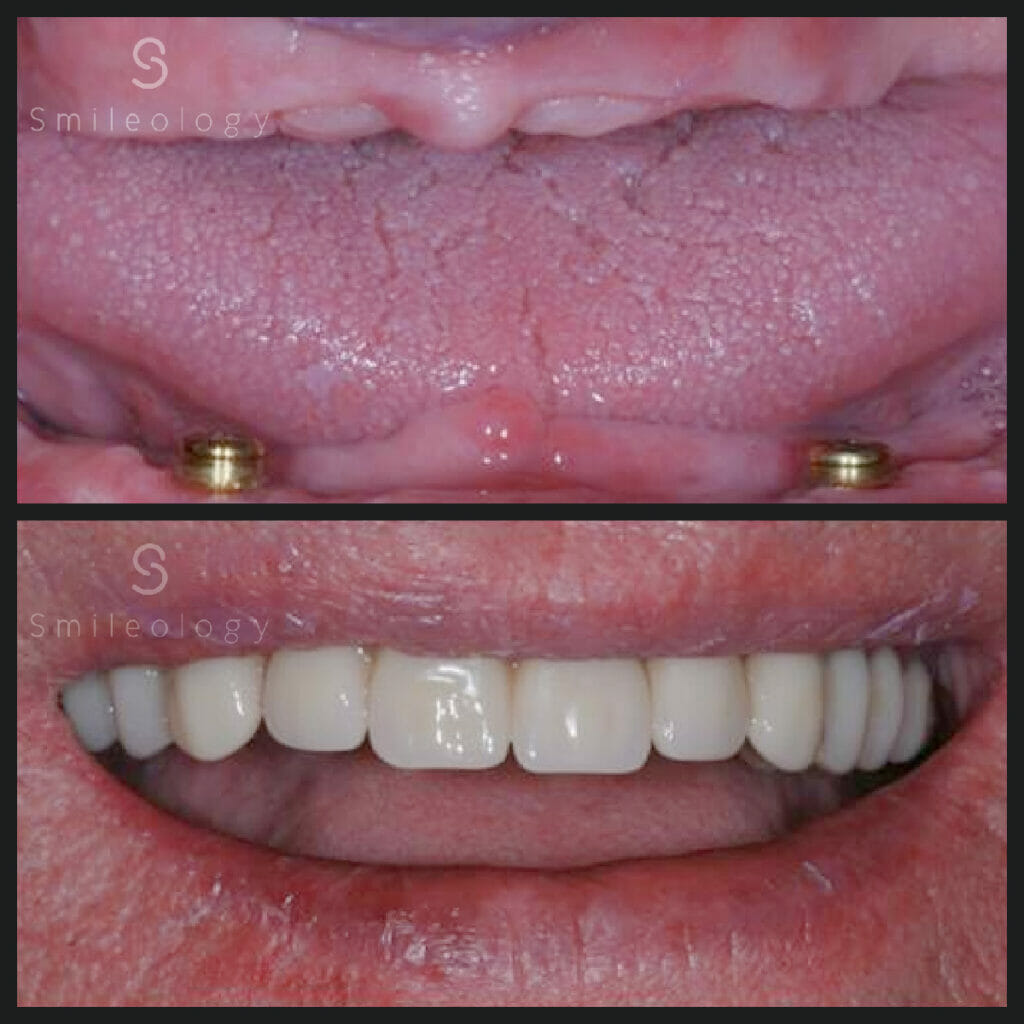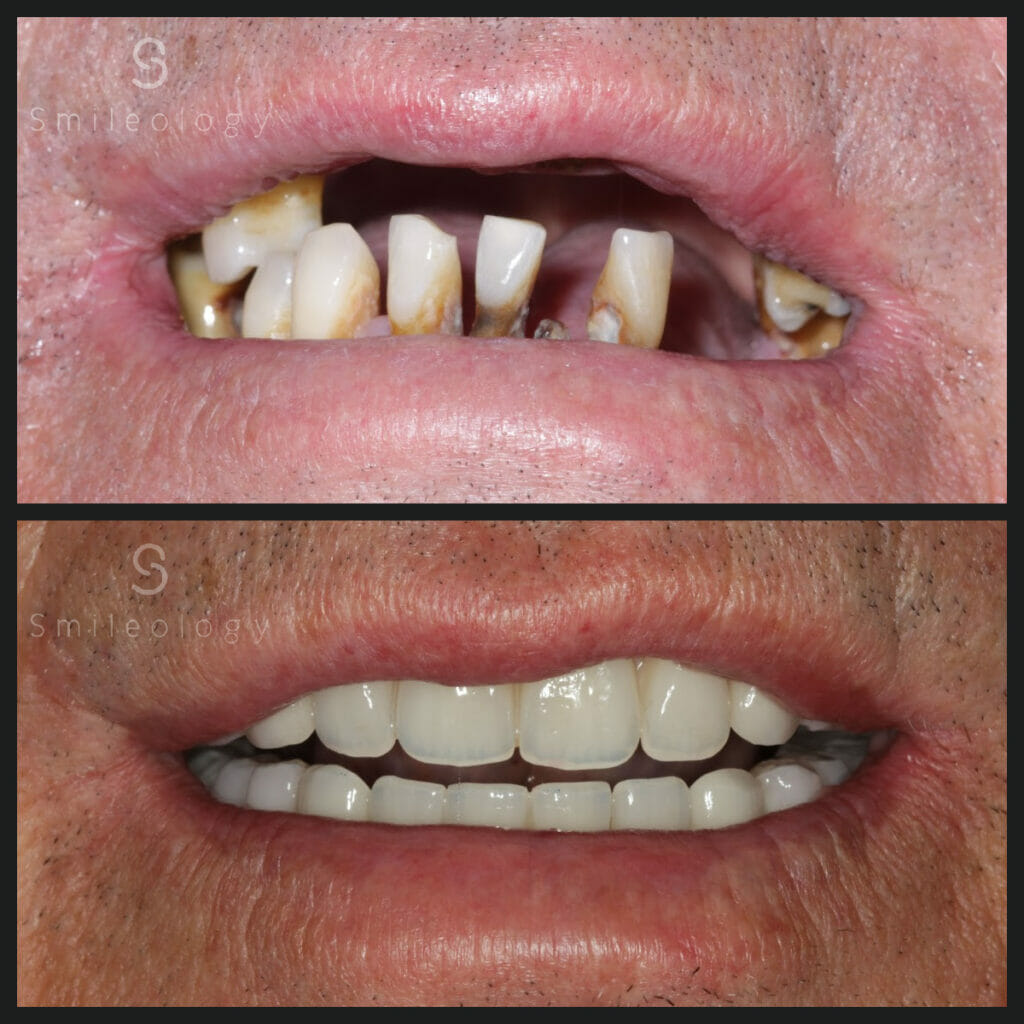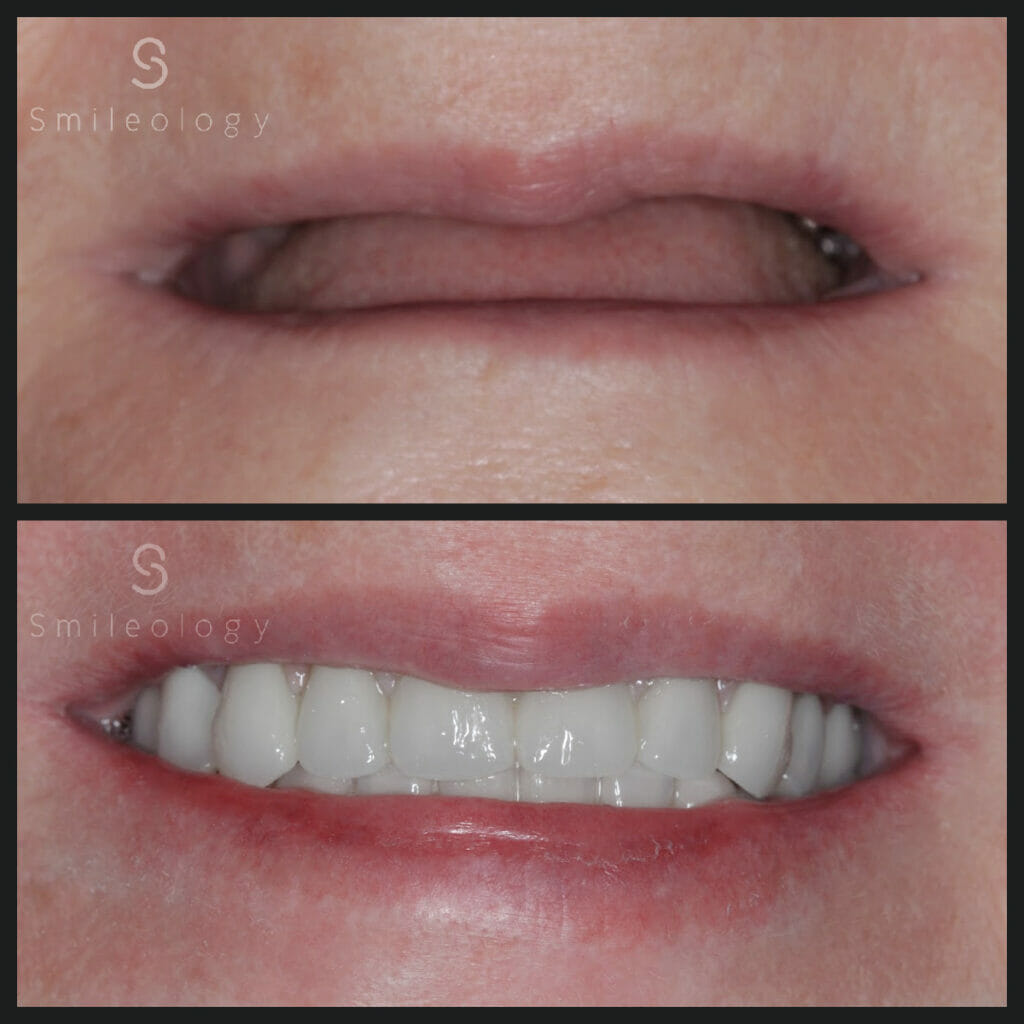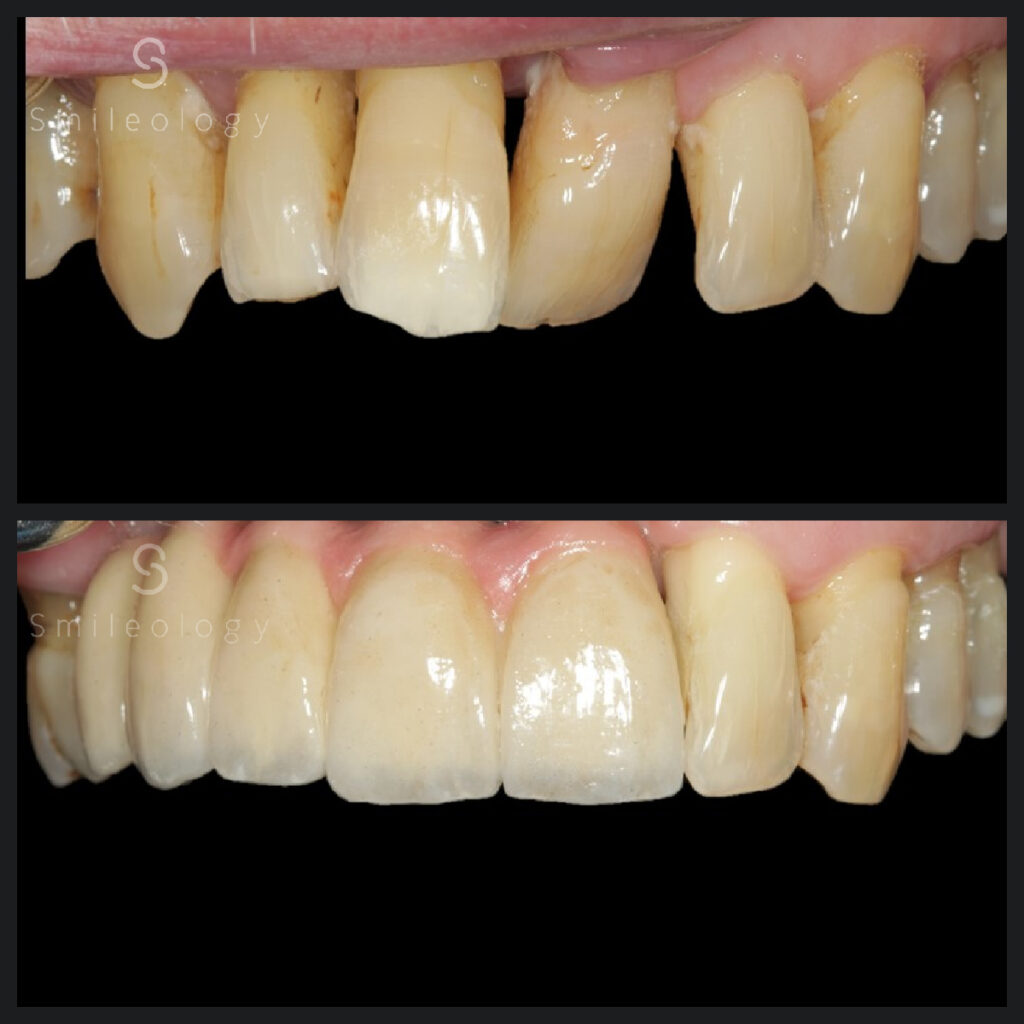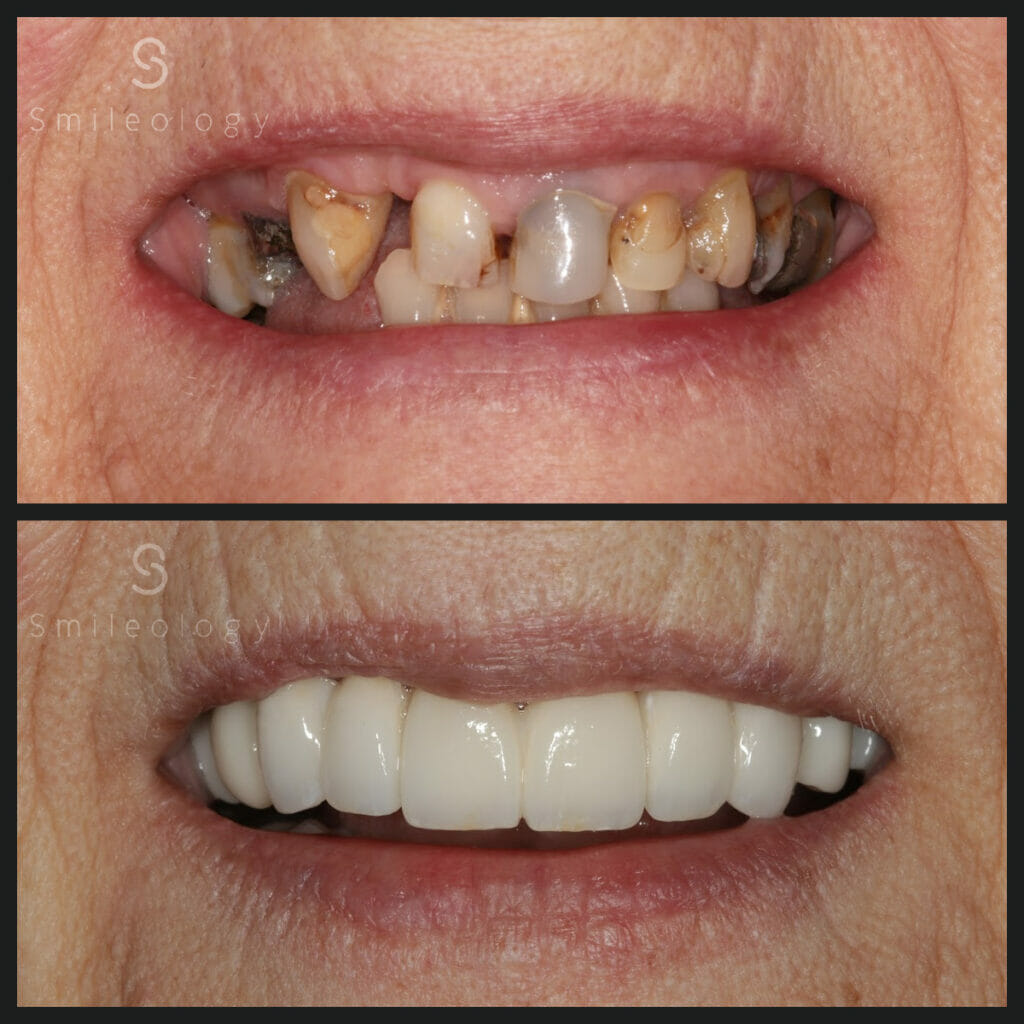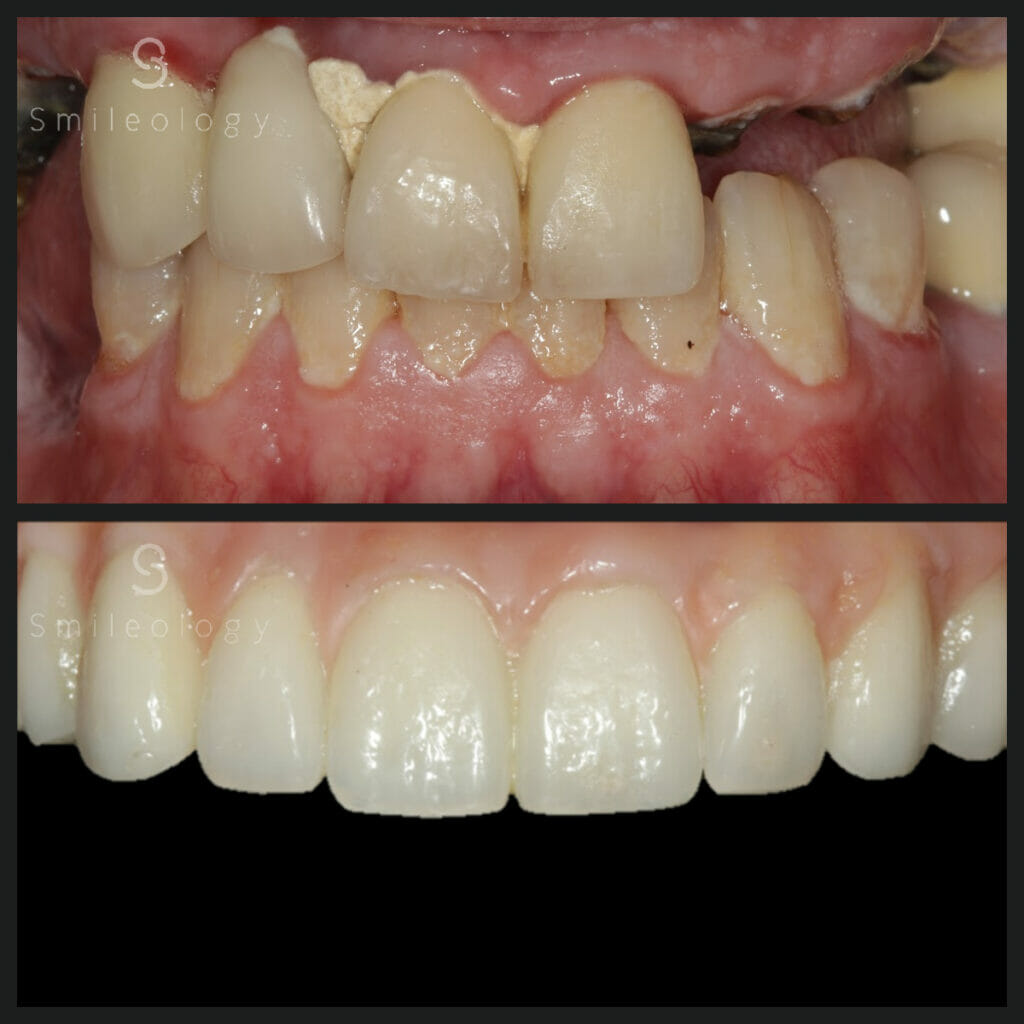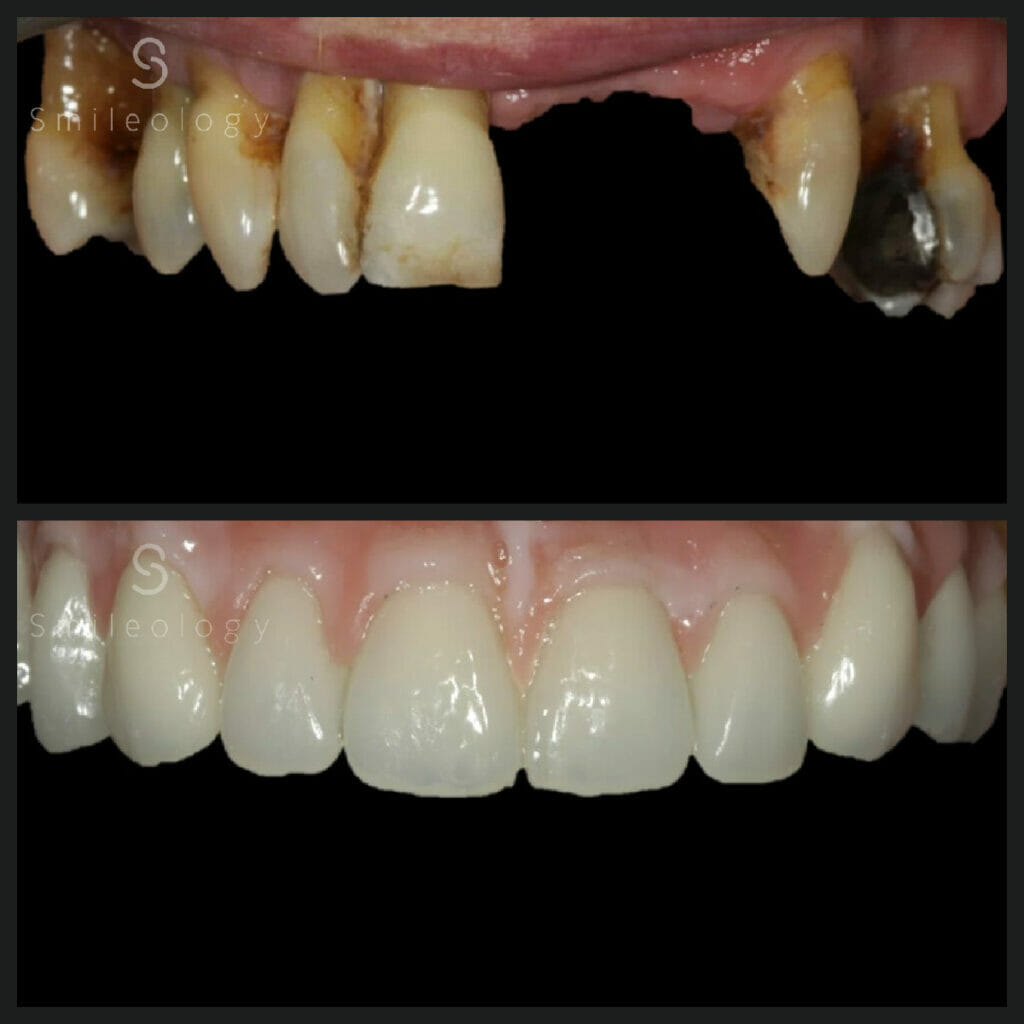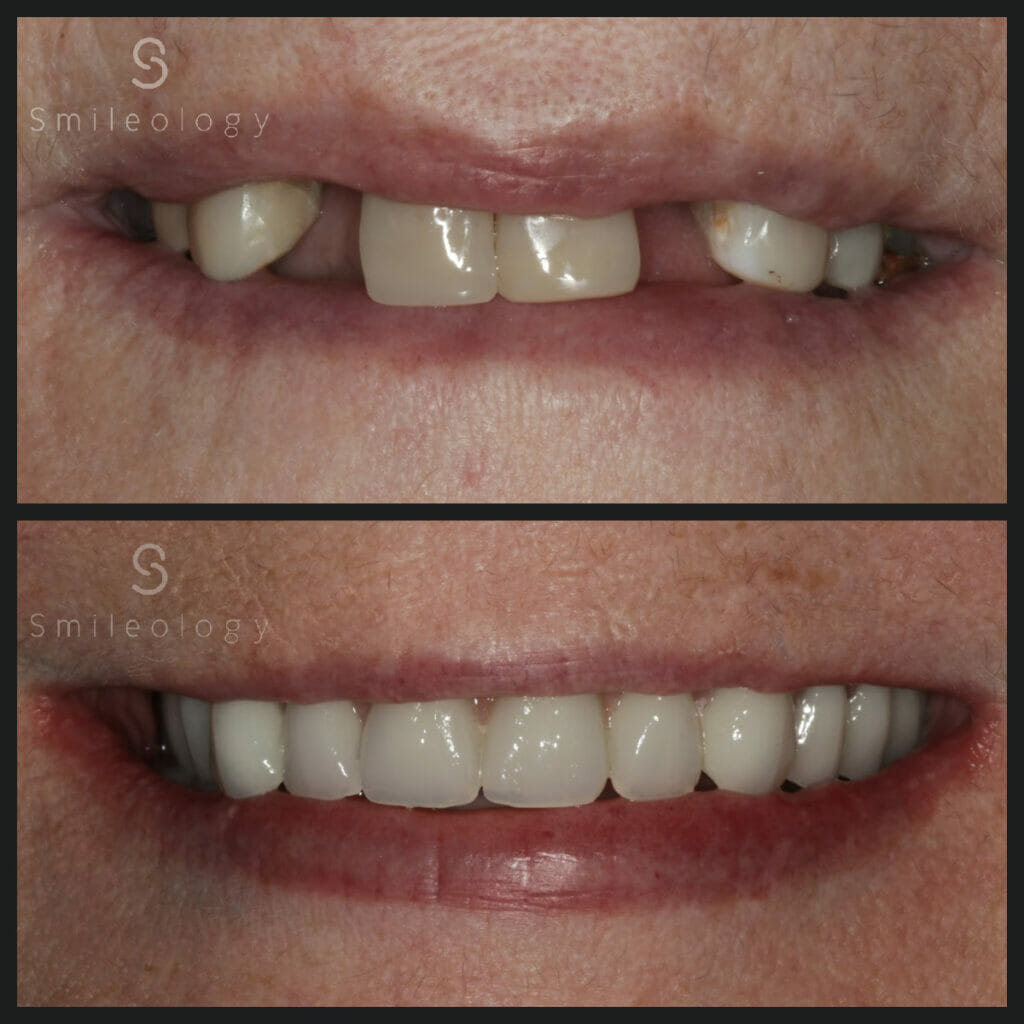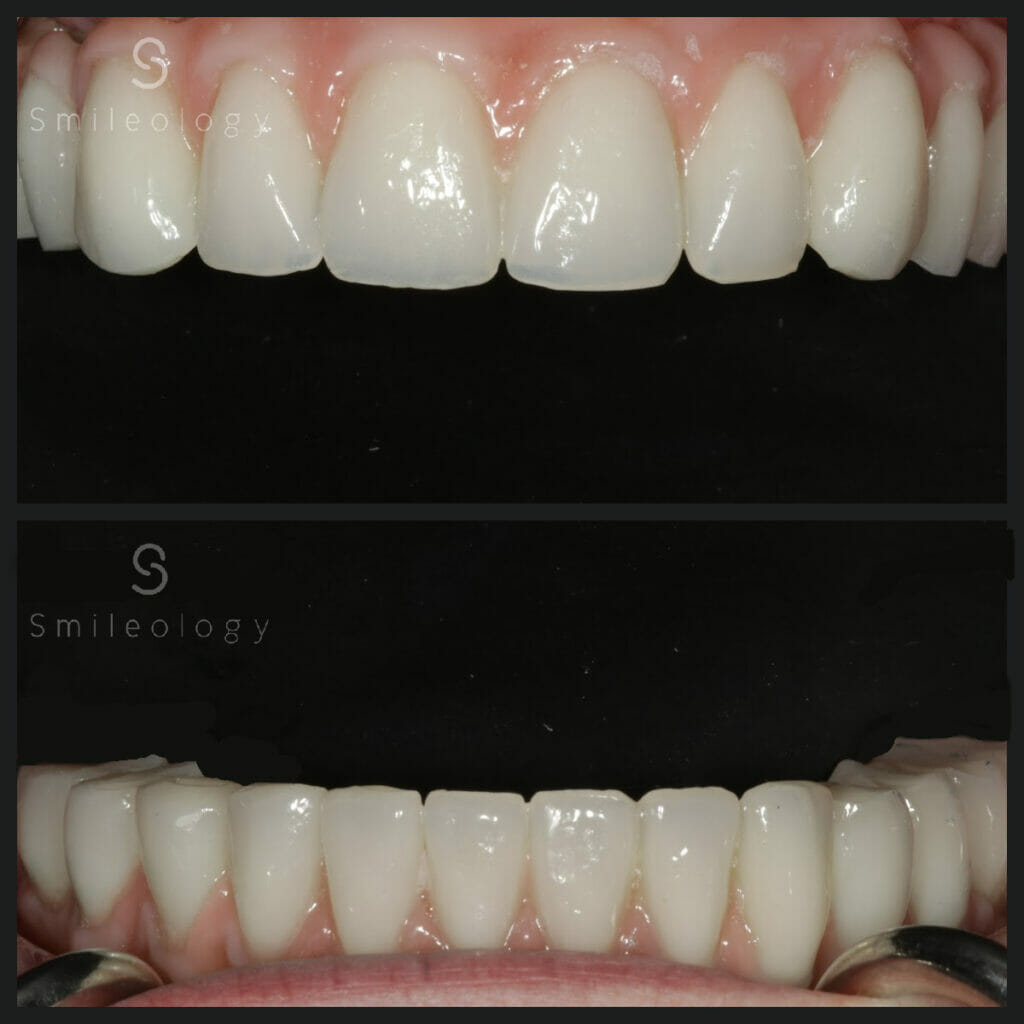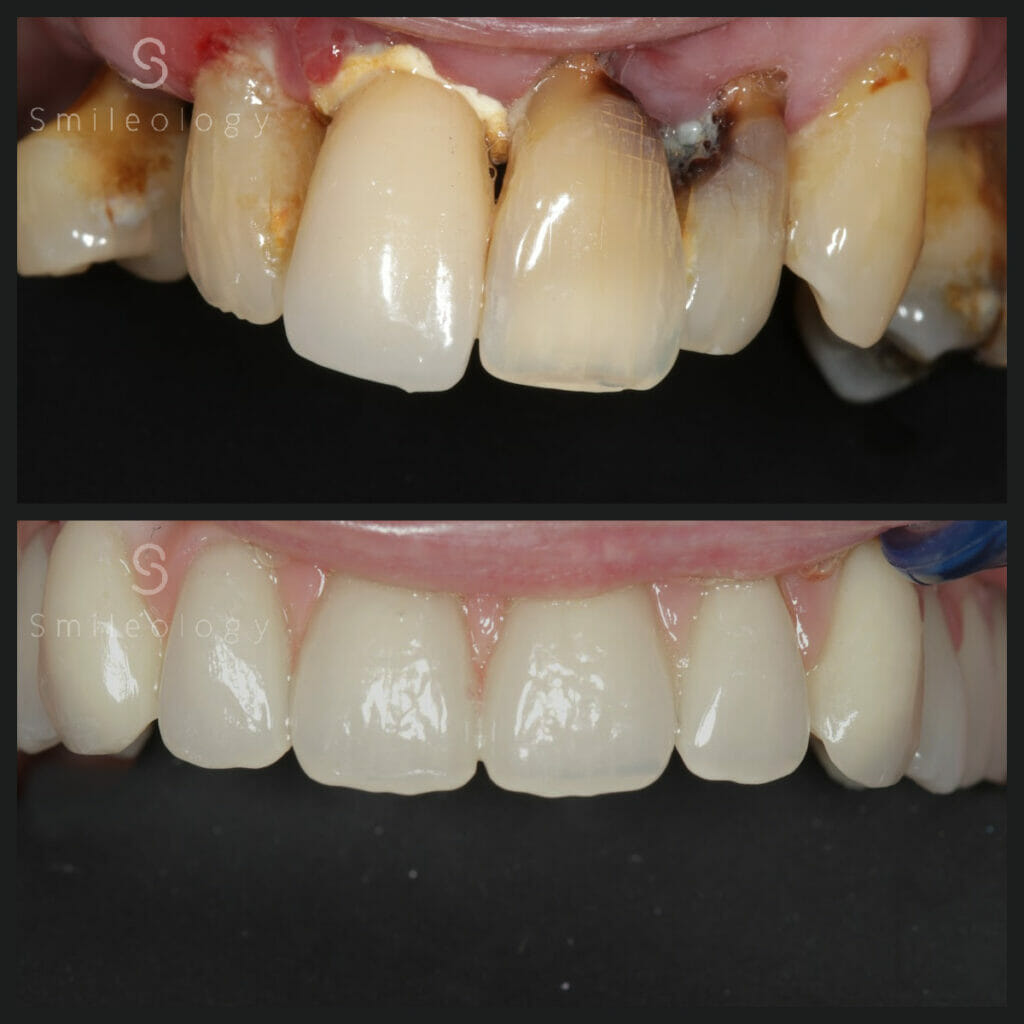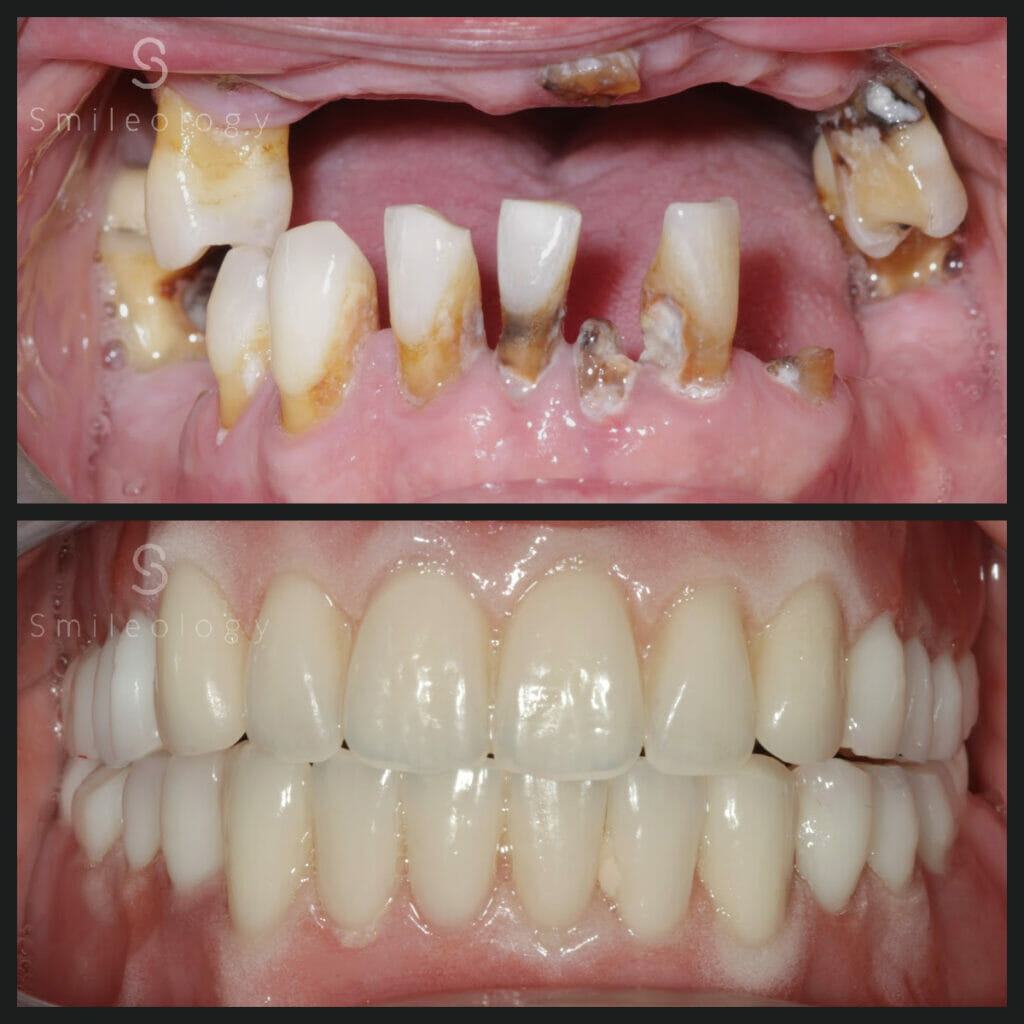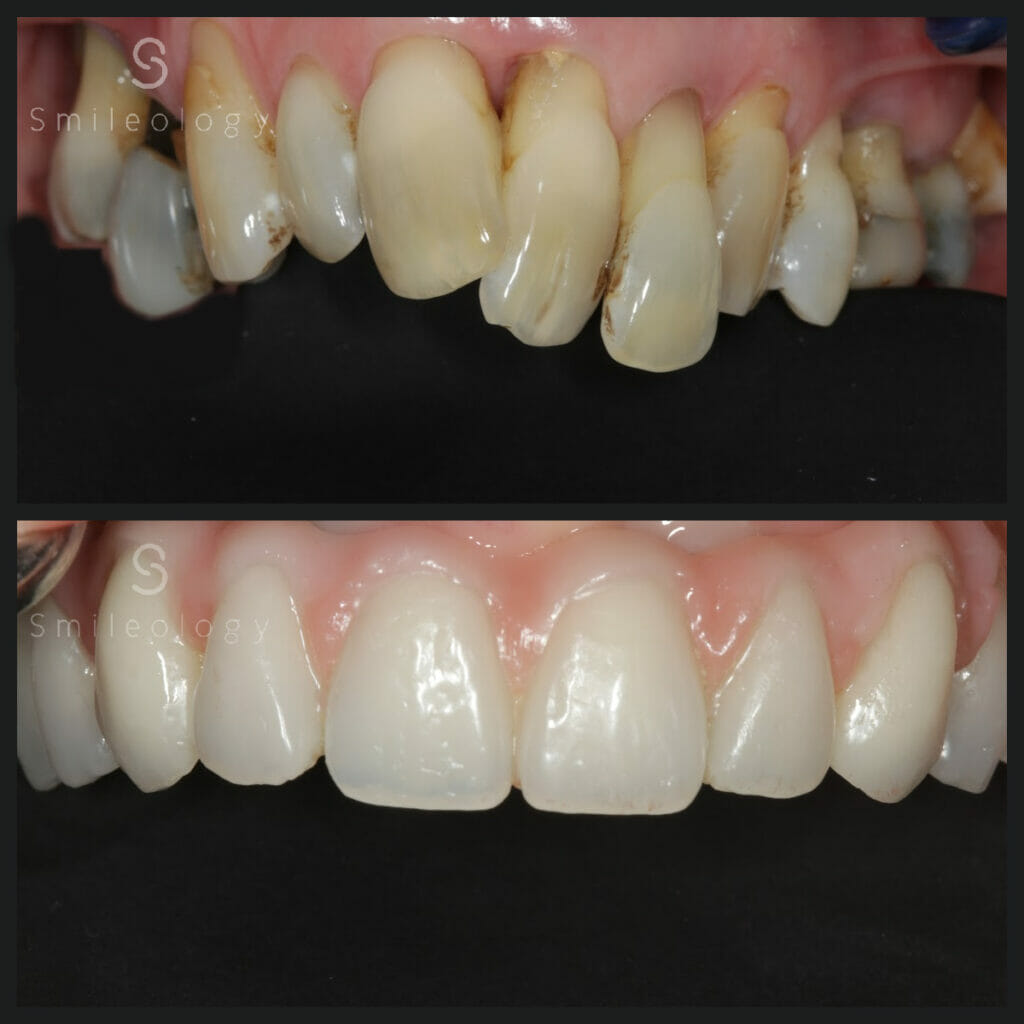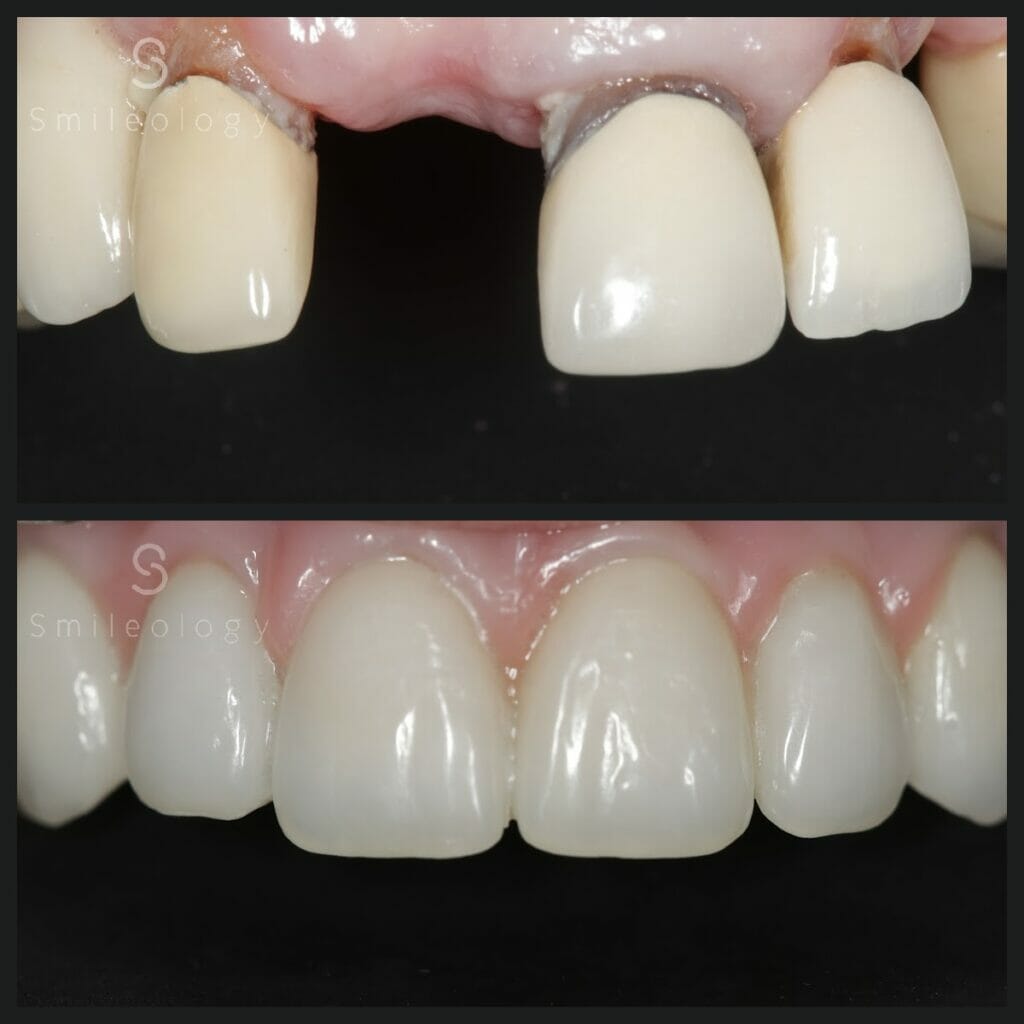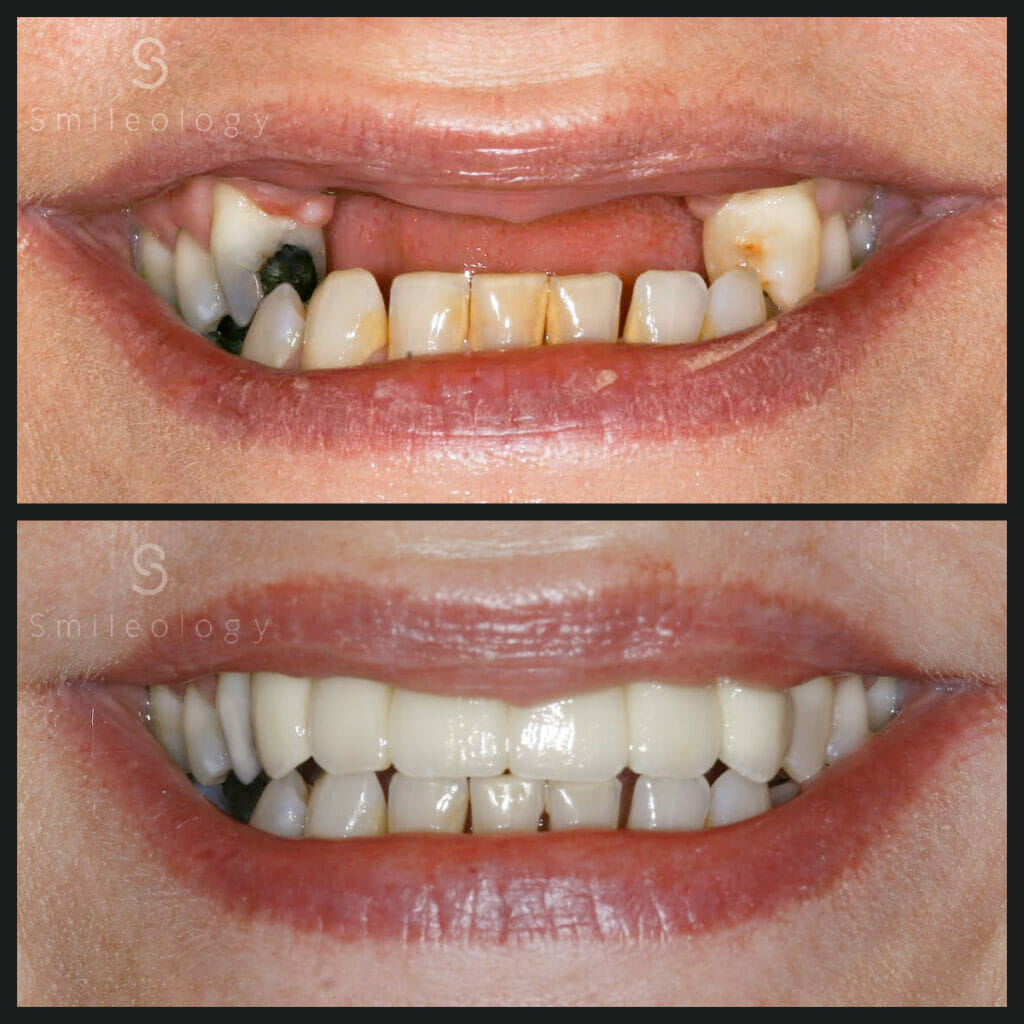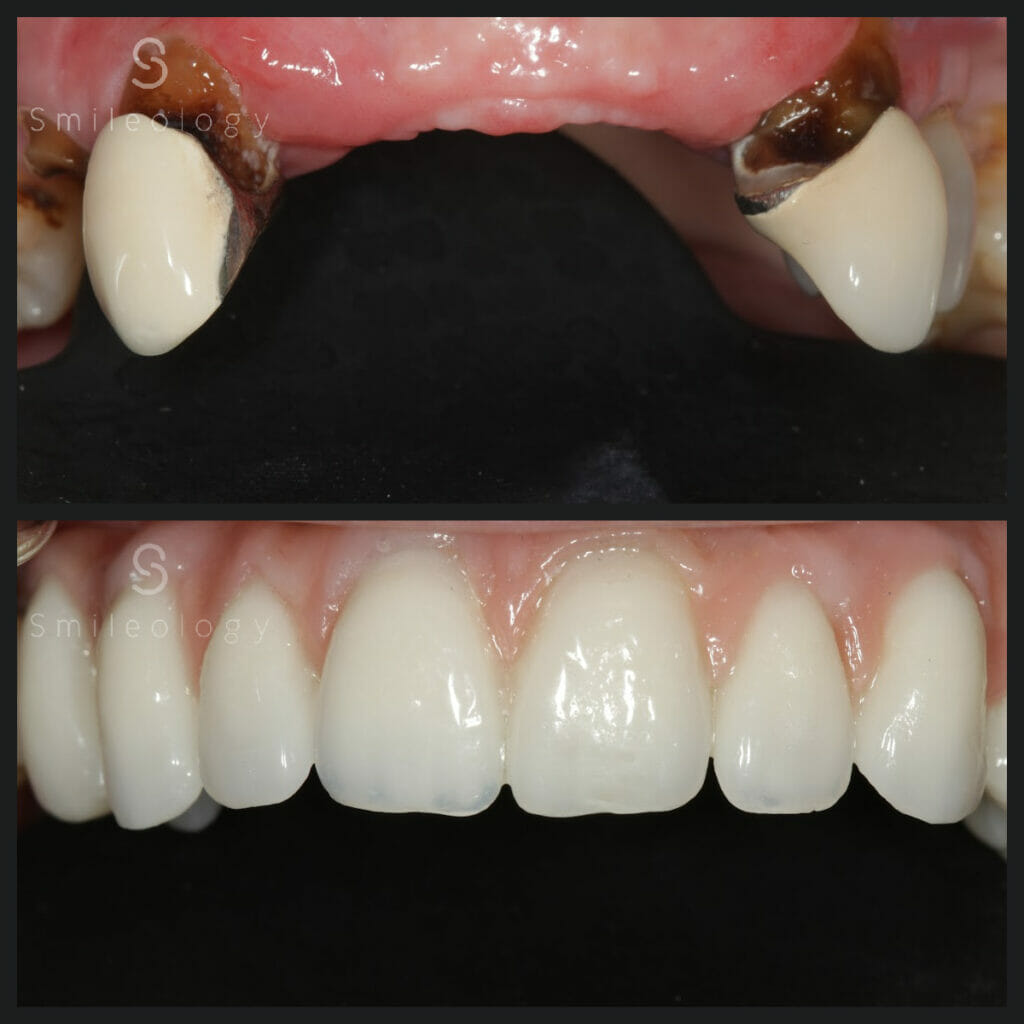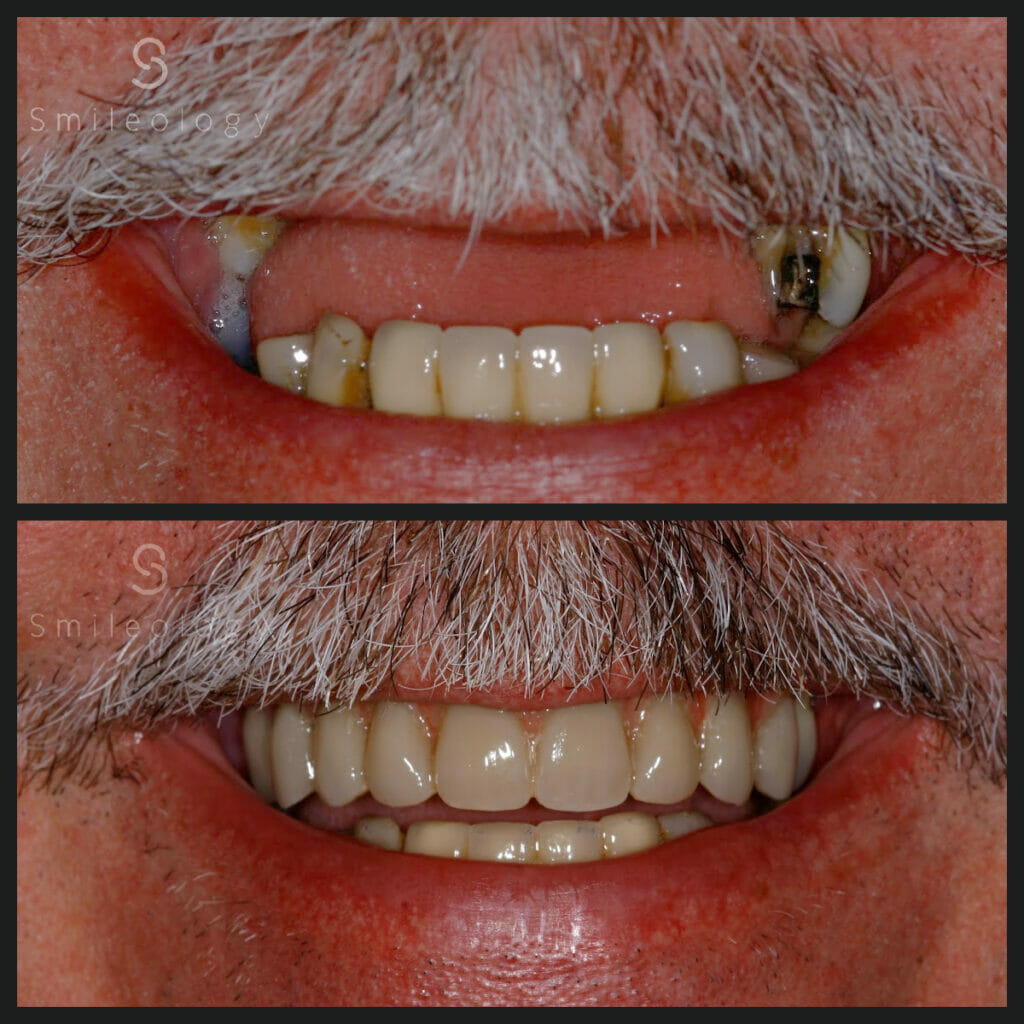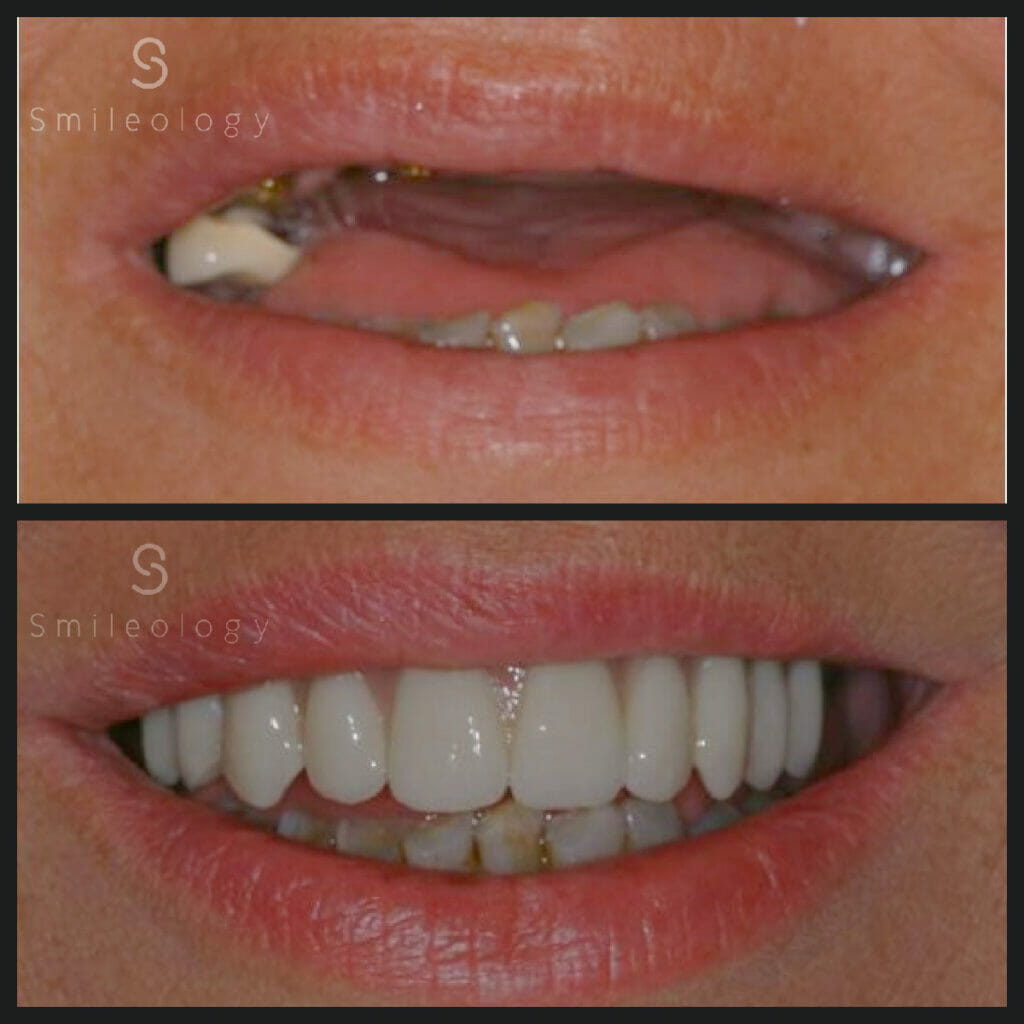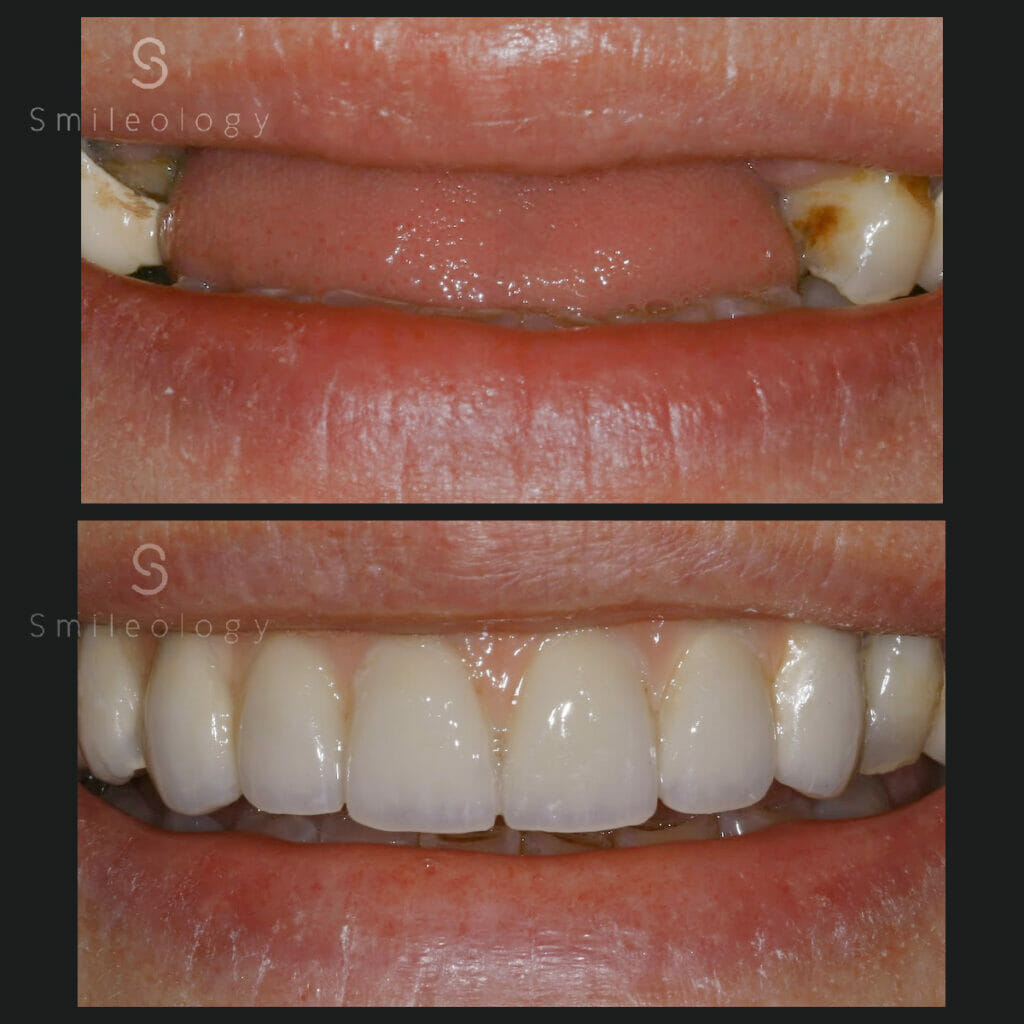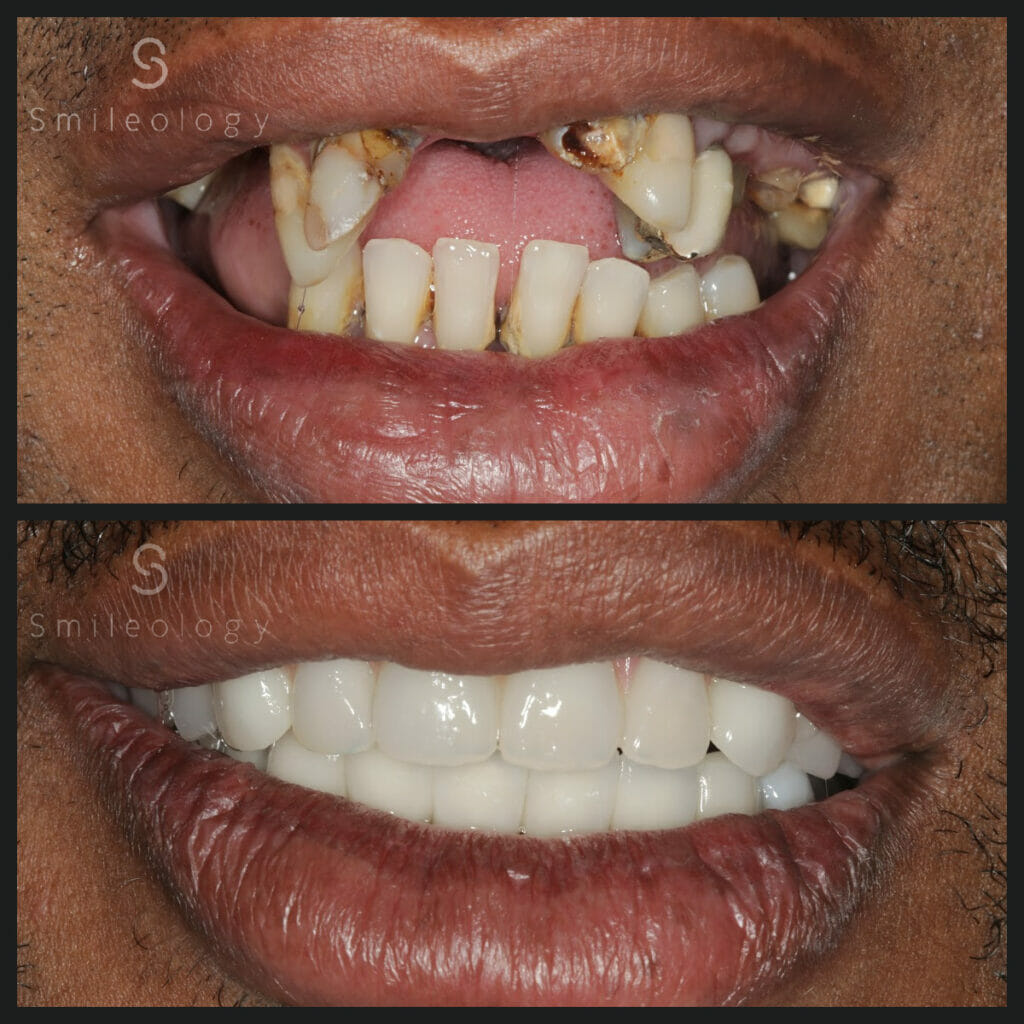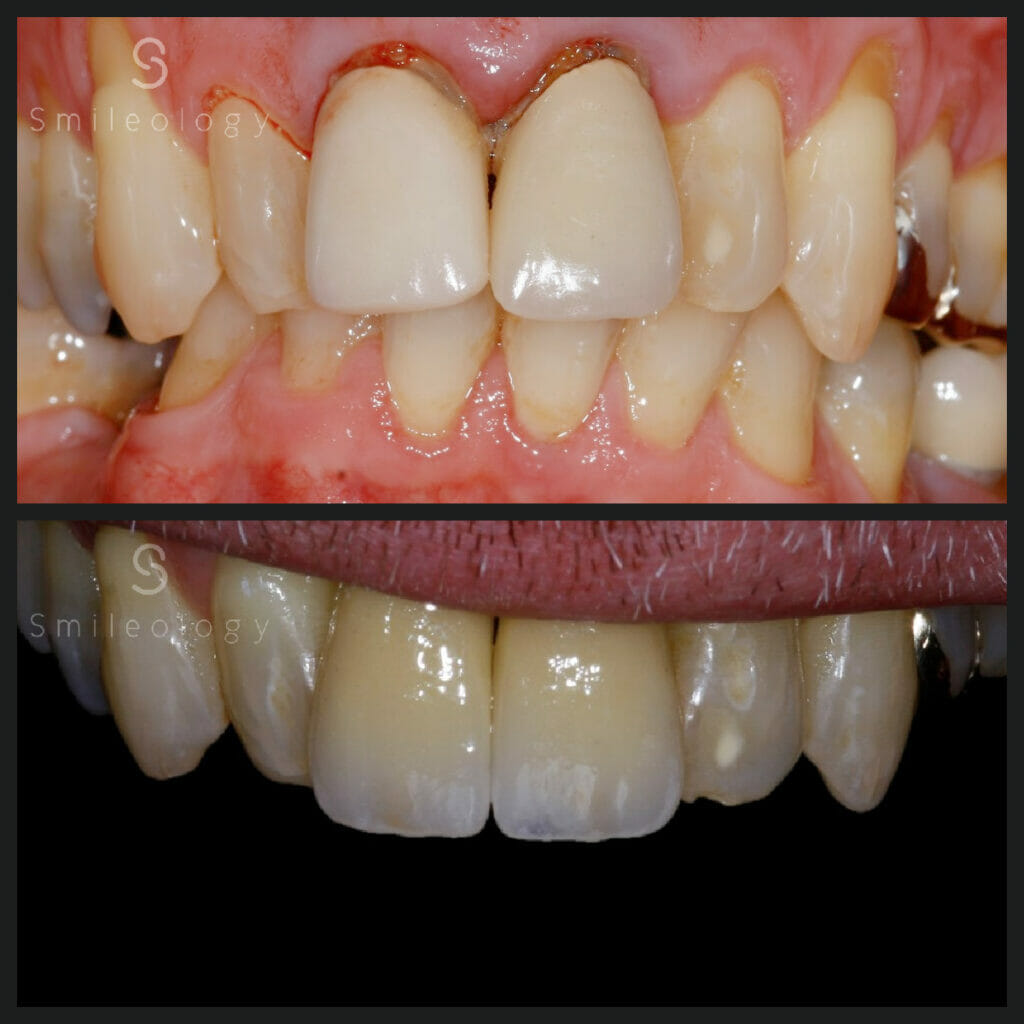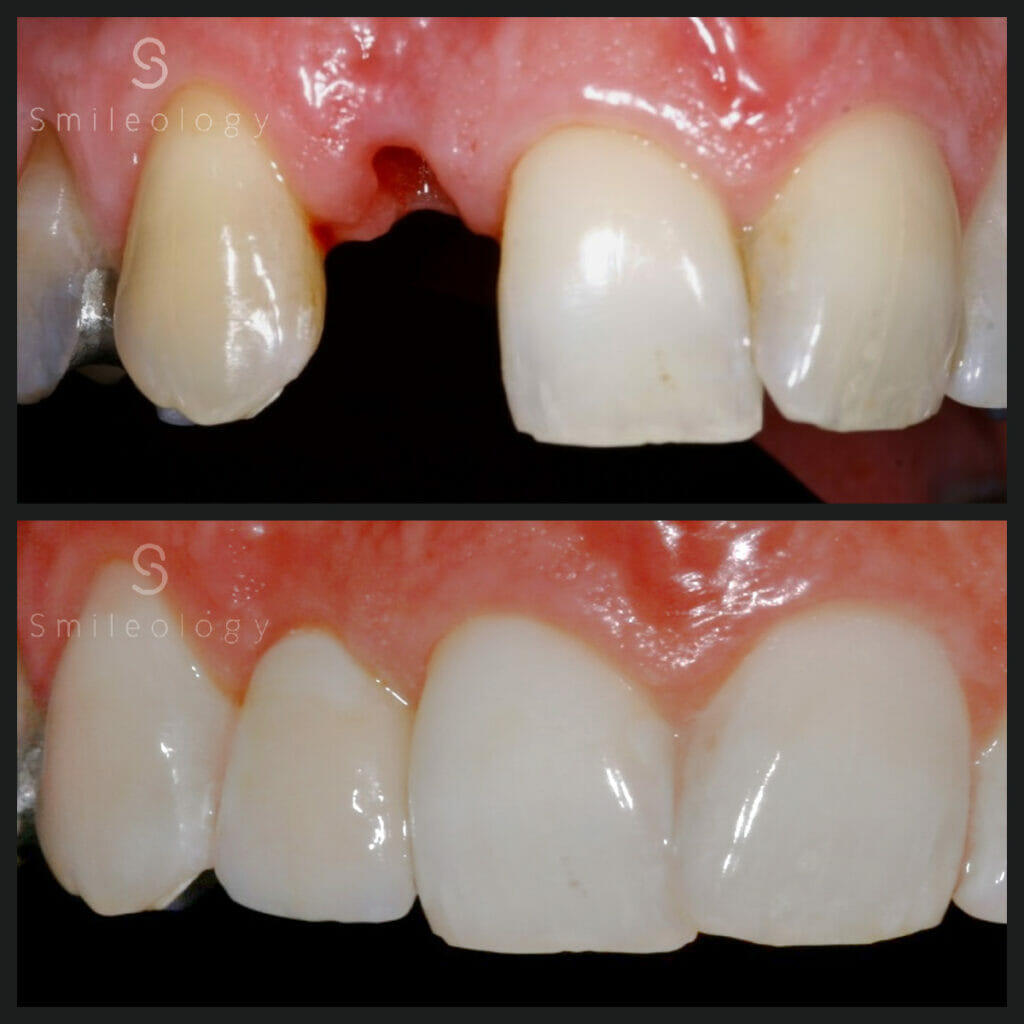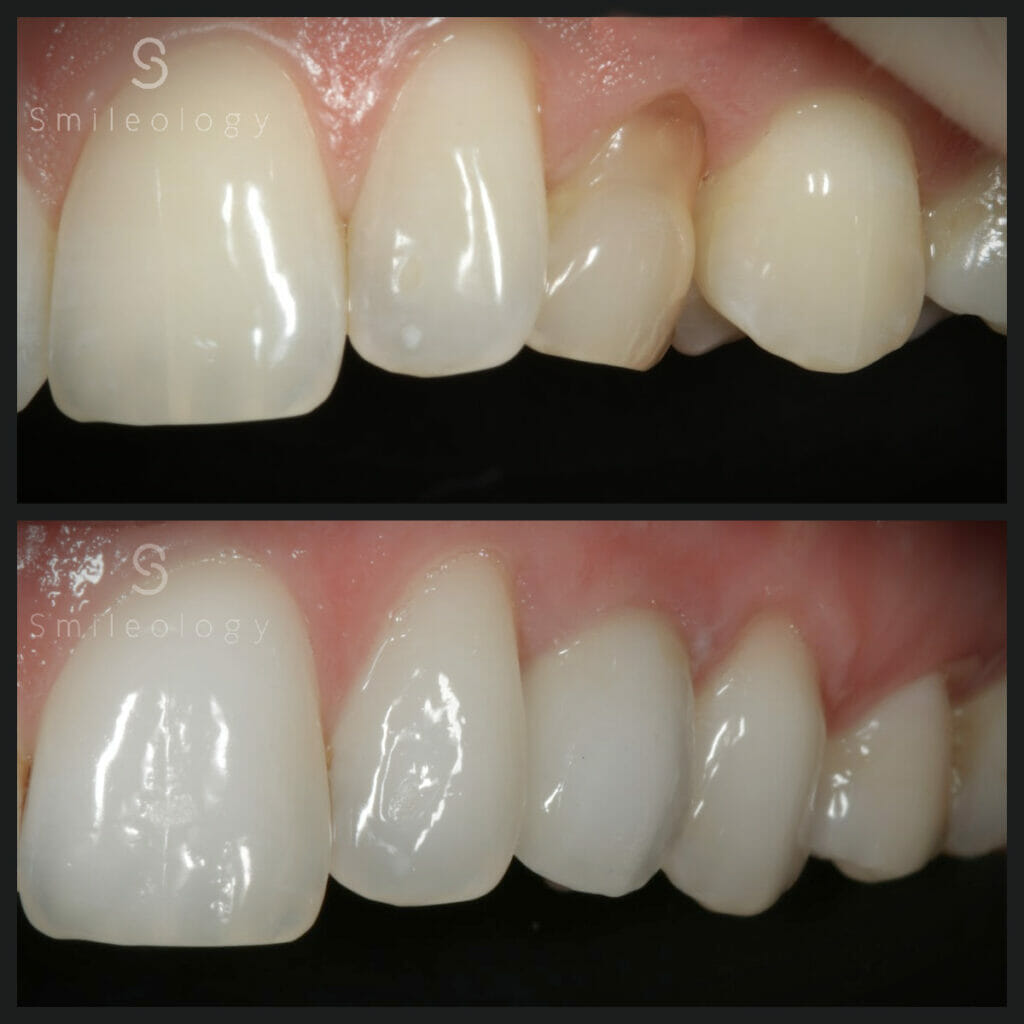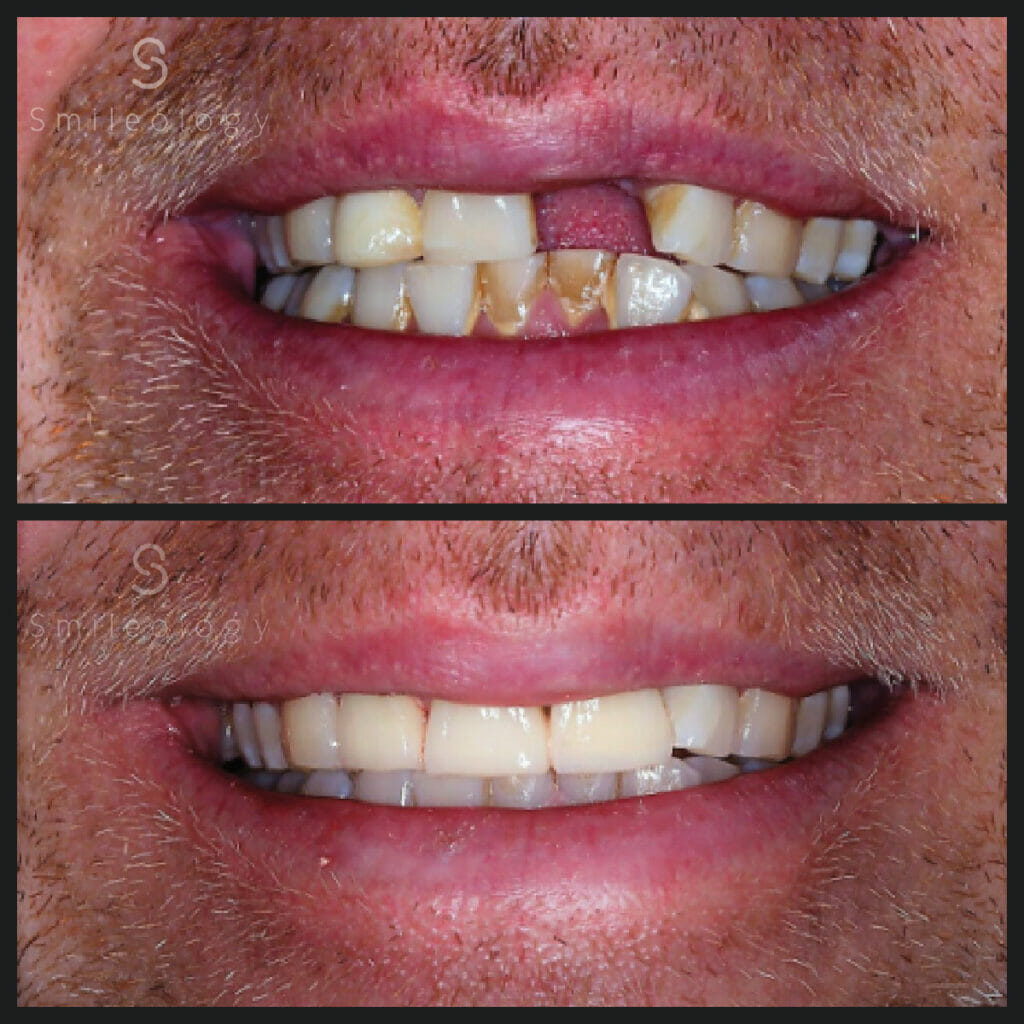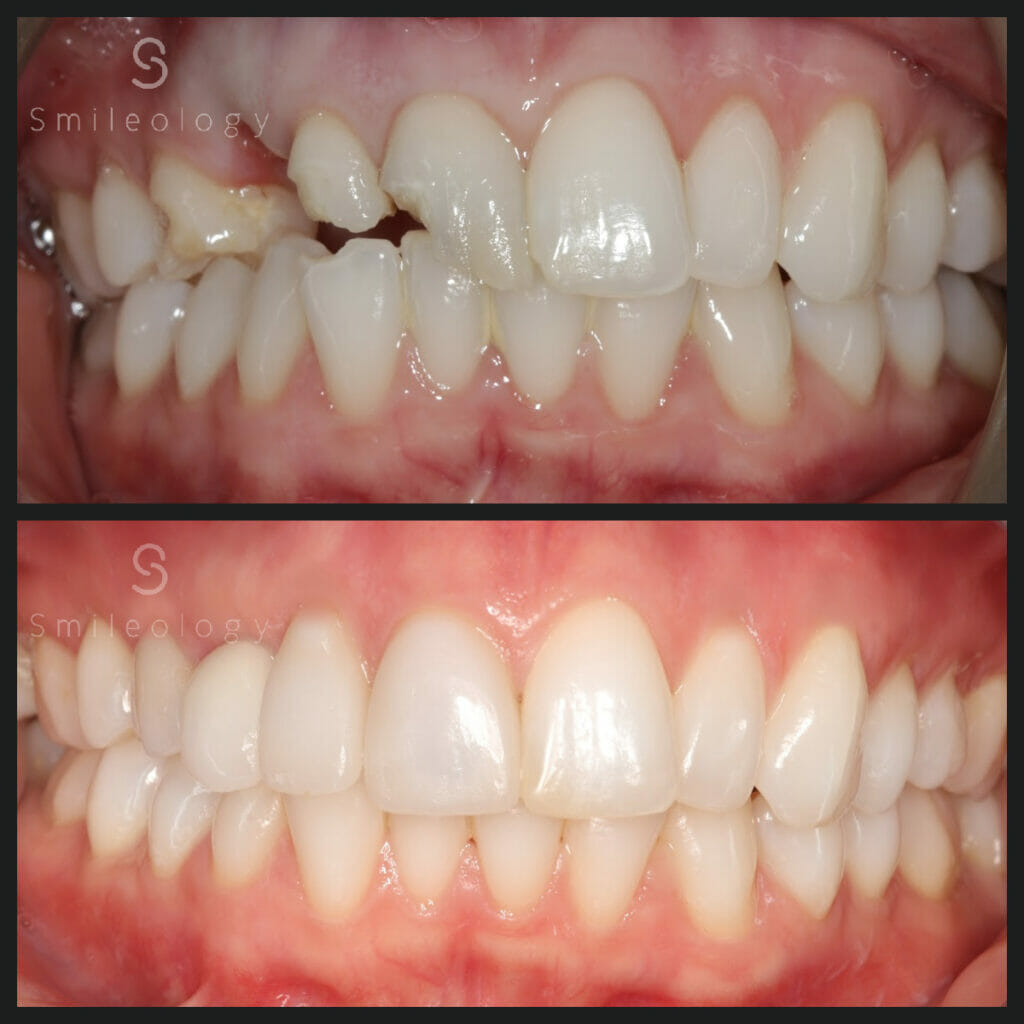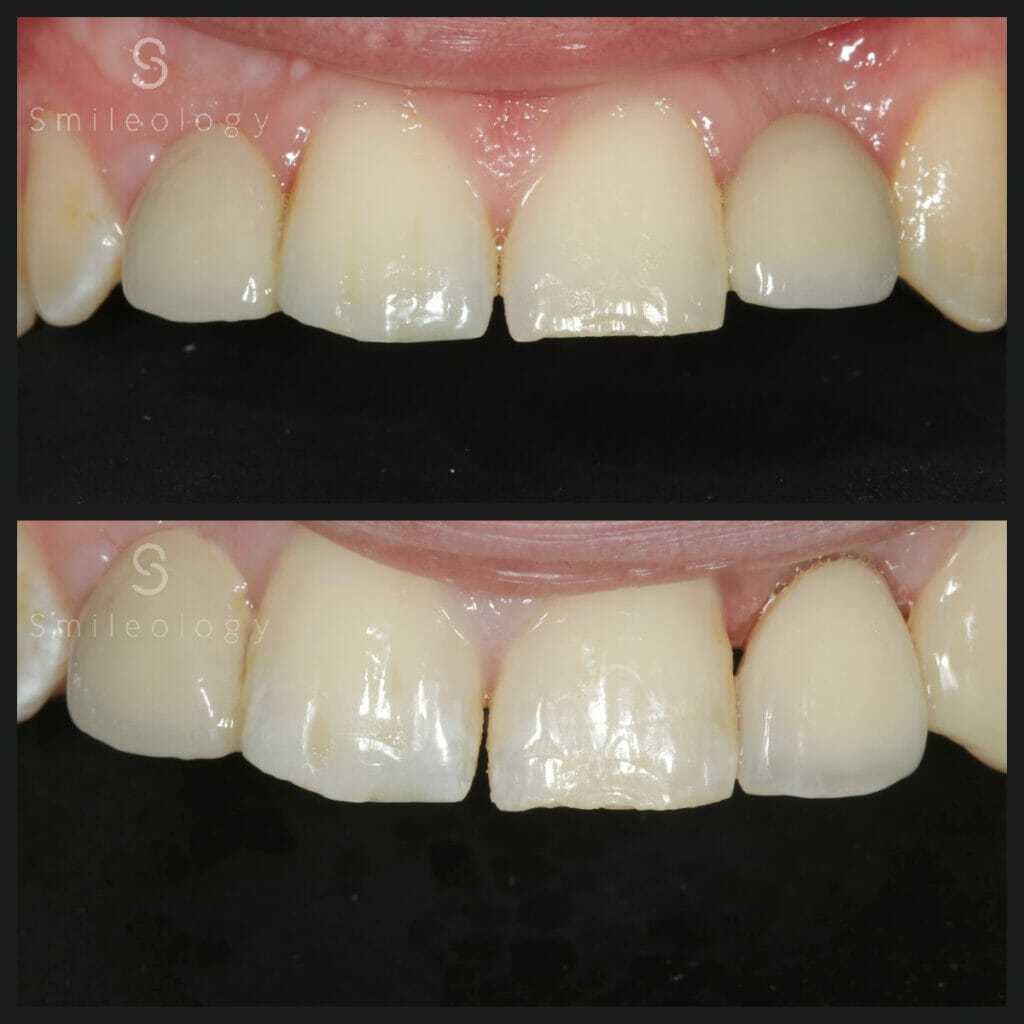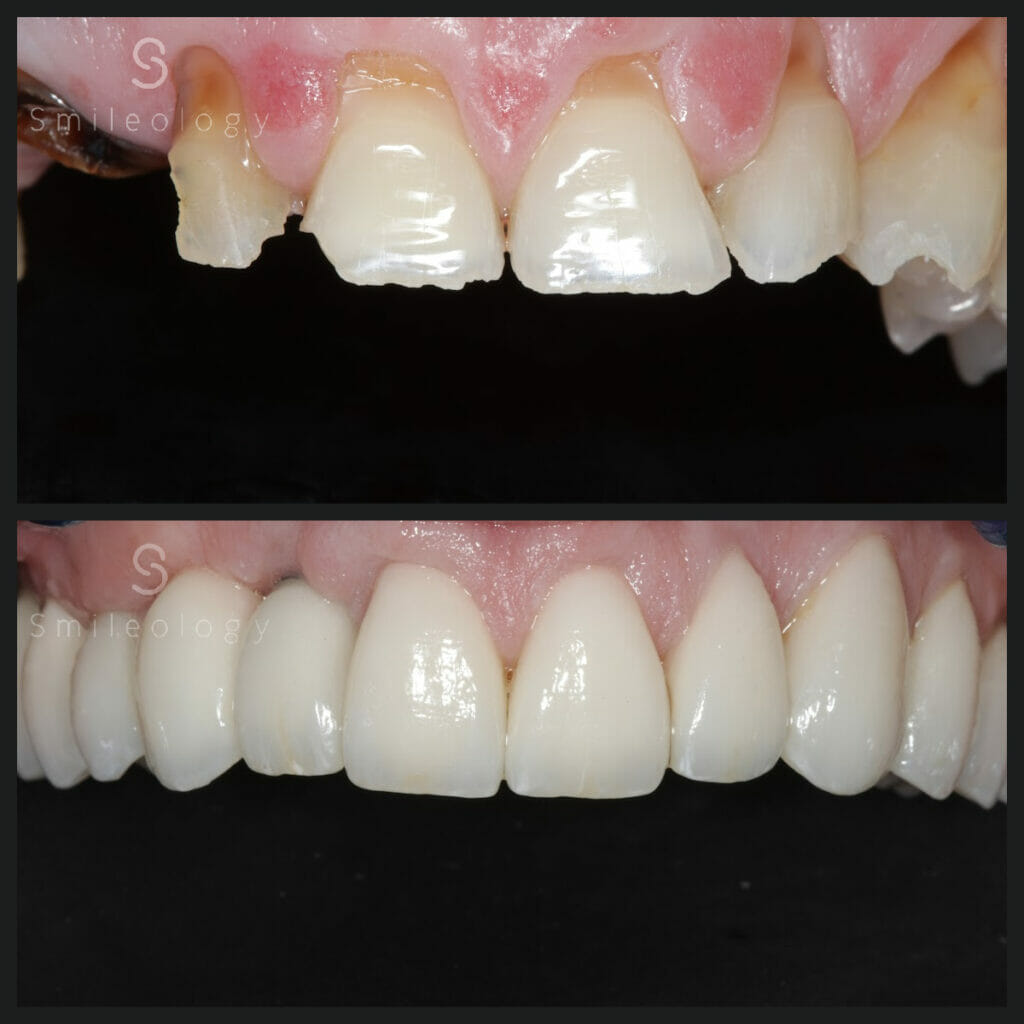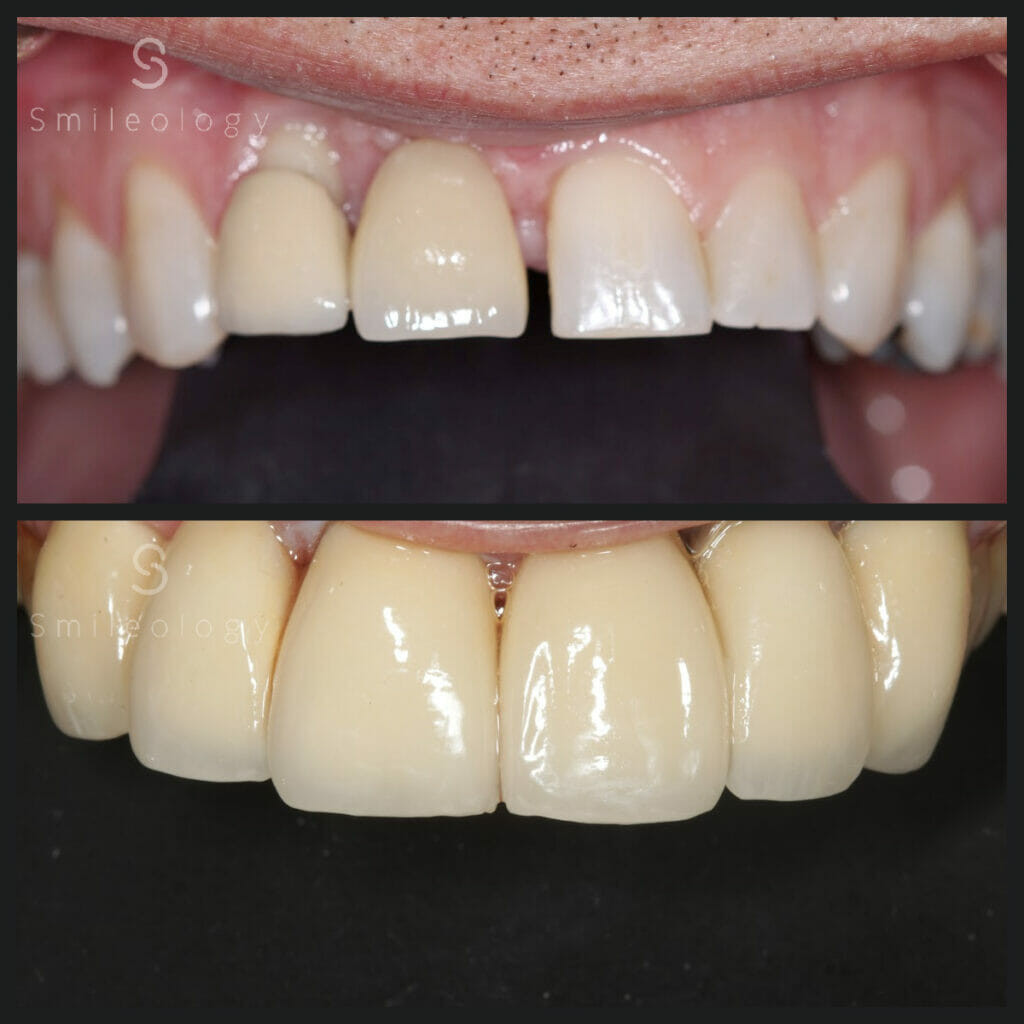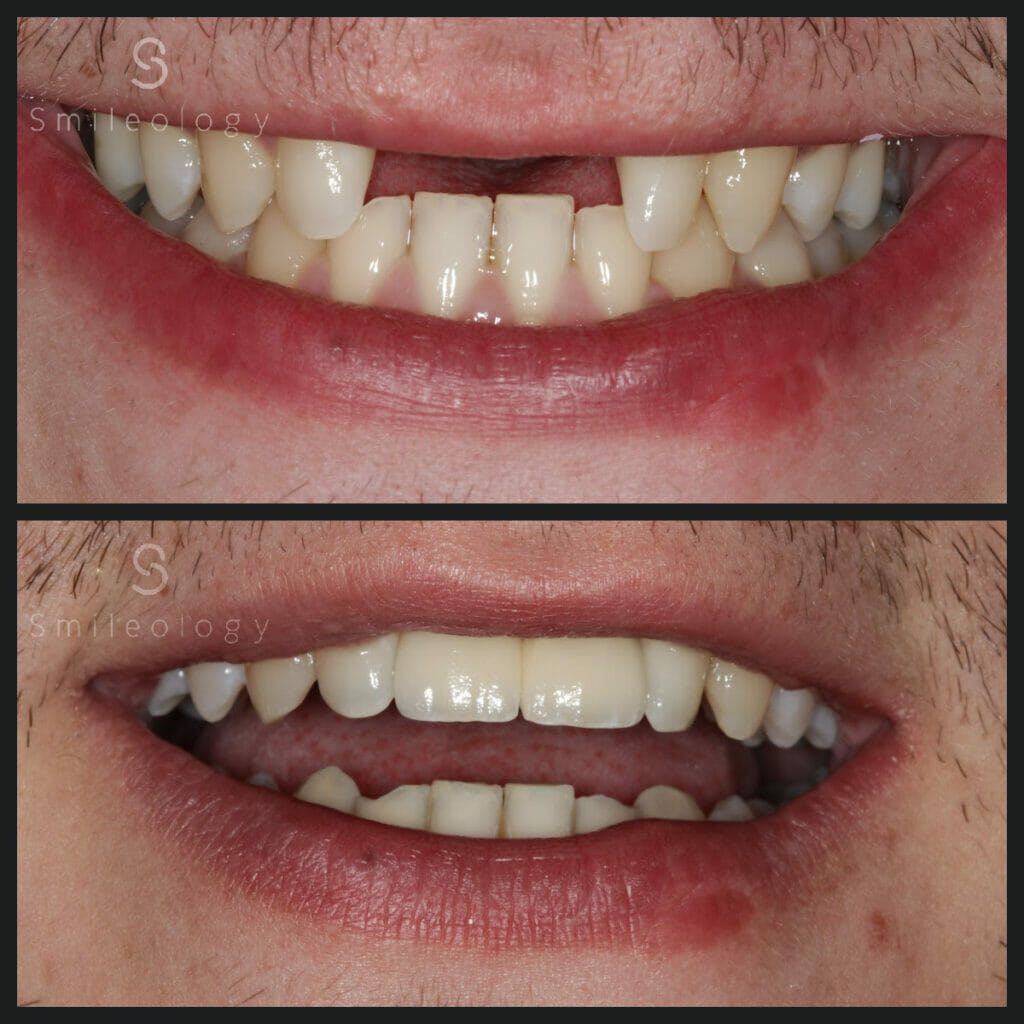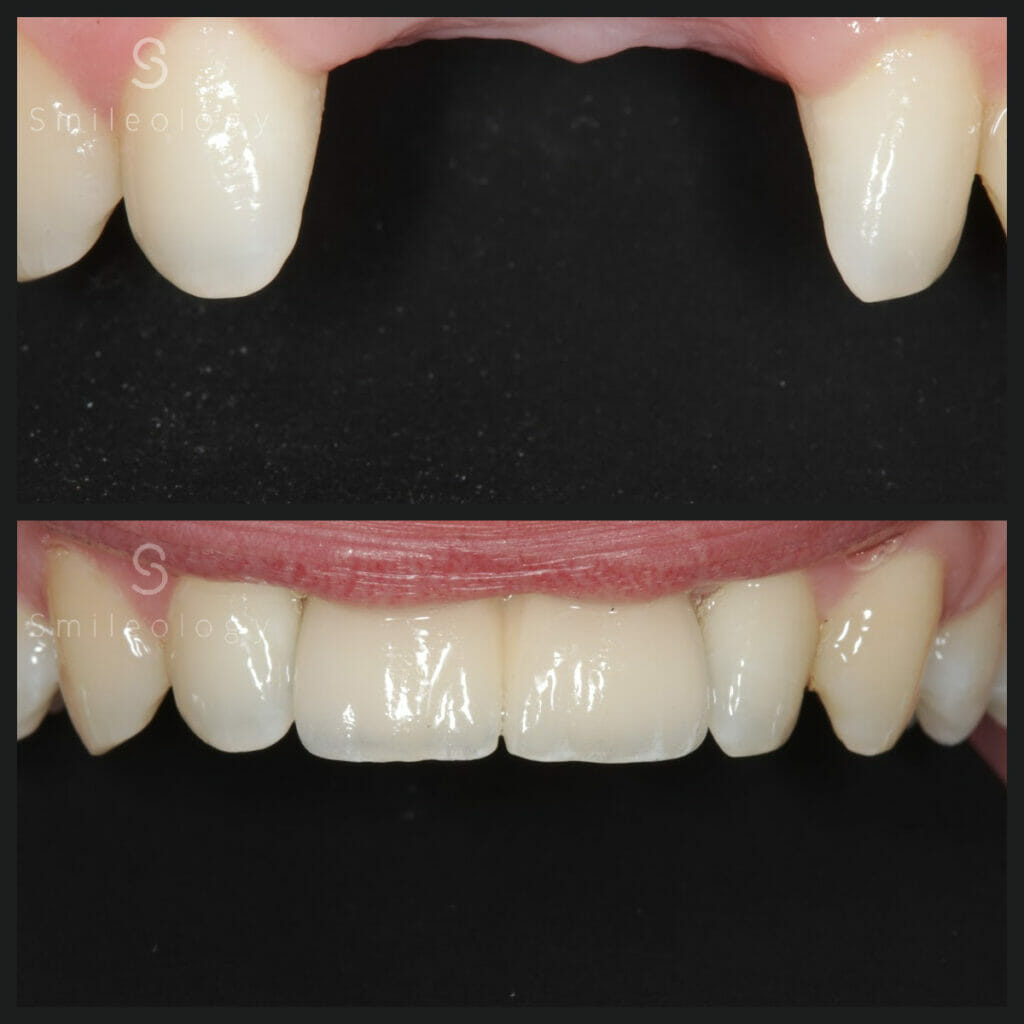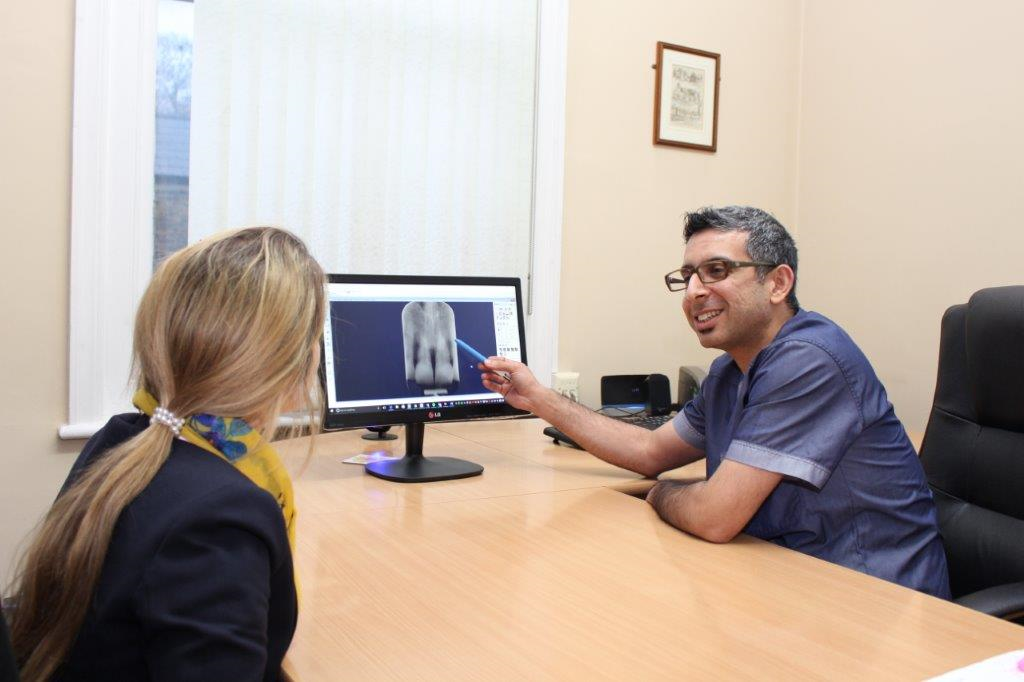Full mouth dental implants are a popular solution for individuals looking to restore their smile and oral function. But what exactly are full mouth dental implants, and how do they differ from traditional implants?
In this article, we will explore the procedure for getting full mouth dental implants, including the initial consultation, placement of implants, and the timeframe for completion. We will also discuss the factors that can affect the timeline for full mouth dental implants, as well as any risks or complications associated with the procedure.
We will provide tips on how to ensure a successful outcome for your full mouth dental implants. Whether you’re considering this treatment option or just curious about the process, read on to learn more.
What Are Full Mouth Dental Implants?
Full mouth dental implants refer to a comprehensive procedure aimed at restoring missing teeth and reviving oral health through the strategic placement of dental implants.
This dental restoration process involves the placement of multiple implants throughout the jaw to support a permanent full arch of prosthetic teeth. By integrating with the jawbone, dental implants provide a stable foundation for these artificial teeth, offering a solution that closely mimics natural teeth in terms of function and appearance.
The benefits of opting for full mouth dental implants extend beyond just aesthetics, as they also help maintain jawbone structure, prevent further bone loss, improve chewing ability, and enhance overall oral health. Patients undergoing this procedure often experience a significant improvement in their quality of life as they regain the ability to eat, speak, and smile with confidence.
How Are Full Mouth Dental Implants Different From Traditional Implants?
Full mouth dental implants differ from traditional implants by providing a comprehensive solution that replaces all missing teeth with implant-supported dentures for enhanced functionality and aesthetics.
Full mouth dental implants offer improved stability and durability due to the increased number of anchor points provided by multiple implants throughout the mouth. This comprehensive approach helps distribute the forces of chewing evenly, reducing the risk of damage to the surrounding teeth and ensuring better long-term oral health. Full mouth implants are known for delivering natural-looking results that closely resemble the appearance of natural teeth, boosting confidence and overall quality of life for the patient.
What Is The Procedure For Getting Full Mouth Dental Implants?
The procedure for getting full mouth dental implants involves a series of steps starting from the initial consultation and examination, all the way to the placement of permanent crowns for a complete dental restoration process.
During the initial consultation, your dentist will assess your oral health and discuss your treatment options. Once the treatment plan is confirmed, the next step is the surgical procedure. This involves implanting the titanium posts into the jawbone, which act as artificial tooth roots. The implant placement time may vary depending on the number of implants required and the individual’s healing process. After the implants have integrated with the bone, abutments are attached to them to support the crowns. Custom-made crowns are securely placed onto the abutments, providing a natural-looking and functional smile.
Initial Consultation and Examination
The initial consultation and examination for full mouth dental implants are crucial steps where the dentist evaluates the patient’s oral health condition, discusses treatment options, and plans the implant procedure accordingly.
During this consultation, the dentist will thoroughly assess the patient’s overall oral health, including the condition of their teeth, gums, and jawbone. By understanding the current state of the patient’s oral health, the dentist can tailor a personalised treatment plan that aligns with the patient’s specific dental health goals. This comprehensive approach ensures that the dental implant procedure is not only successful but also contributes to the long-term oral health and well-being of the patient. Establishing a clear treatment plan from the initial consultation sets the foundation for a smooth and effective implant process.
Pre-operative Work (Extractions, Bone Grafting, etc.)
Preparatory work for full mouth dental implants may include extractions, bone grafting procedures, or other treatments to ensure the jawbone’s health and readiness for implant placement.
Extractions are typically carried out to remove any damaged or decayed teeth that are no longer viable for restoration, creating space for the implant fixtures.
In cases where the jawbone lacks the necessary density or volume to support the implants, bone grafting may be required to strengthen and build up the bone structure. This process involves taking bone from other areas of the body or using synthetic materials to promote new bone growth.
It is essential for the bone to integrate fully with the graft before moving forward with implant placement, which can add several months to the overall dental procedure duration.
Placement of Implants
The placement of implants in full mouth dental implant procedure involves surgically inserting the implant posts into the jawbone using high-quality dental implant materials, ensuring proper healing and long-term success with diligent oral hygiene practices.
This surgical process typically lasts a few hours per implant, during which the implants bond with the jawbone, providing a sturdy foundation for the prosthetic teeth. The materials used for dental implants vary but commonly include titanium due to its compatibility with the body and ability to fuse with bone.
Following the surgery, maintaining excellent oral hygiene is crucial to prevent infection and ensure the longevity of the implants. Regular brushing, flossing, and dental check-ups are essential to protect the investment in your oral health.
Healing and Integration Period
The healing and integration period after implant placement is crucial for the implants to bond with the jawbone, promoting osseointegration and ensuring a high dental implant success rate.
During this healing phase, which typically lasts several months, the bone integration process occurs whereby the jawbone grows around the dental implants, securely anchoring them in place. Proper healing is essential as it directly affects the long-term stability and functionality of the implants.
Factors such as the patient’s overall health, oral hygiene maintenance, and adherence to post-operative care instructions play significant roles in determining the success of full mouth dental implants. Regular follow-up appointments with the dentist are vital to monitor the healing progress and address any potential issues that may arise.
Placement of Abutments
The placement of abutments follows the healing phase, where custom abutments are attached to the implants to support the final restorations, requiring meticulous post-surgery care under the supervision of a dental implant specialist.
During the final stage of the dental implant timeline, the abutment placement typically occurs around 3 to 6 months after the initial implant surgery. This timeline allows for proper osseointegration and ensures the stability of the implants before attaching the abutments. Once the abutments are attached, patients are advised to follow specific post-surgery care instructions provided by the dental implant specialist.
These instructions often include maintaining good oral hygiene, avoiding hard foods, and attending regular follow-up appointments to monitor the healing process and ensure the success of the implant procedure.
Placement of Permanent Crowns
The final step in the full mouth dental implant process involves the placement of permanent crowns or dentures, restoring the patient’s smile, functionality, and oral health while offering long-term benefits that require proper maintenance.
These permanent crowns play a crucial role in giving the patient a natural and aesthetically pleasing appearance, blending seamlessly with their existing teeth. By serving as the visible component of the dental implants, the crowns enhance speech, chewing abilities, and overall confidence.
Patients often experience a significant improvement in their quality of life, enjoying the ability to eat a wide variety of foods comfortably. To ensure the longevity of these benefits, individuals must adhere to a strict oral hygiene regimen, including regular brushing, flossing, and routine dental check-ups.
How Long Does It Take To Complete Full Mouth Dental Implants?
The timeline for completing full mouth dental implants varies based on the individual’s treatment plan and may involve several stages such as consultation, surgery, healing, and restoration, collectively determining the overall procedure duration.
During the initial consultation, the dentist evaluates the patient’s oral health, discusses treatment options, and creates a personalised plan.
The surgery phase includes implant placement, which can take a few hours or span multiple appointments depending on the complexity and number of implants. Subsequent healing and osseointegration, where the implants fuse with the jawbone, may take several months.
The final stage involves attaching the prosthetic teeth, which can be expedited if prefabricated restorations are used. Various factors like bone density, overall health, and adherence to aftercare instructions also impact the timeline.
Timeframe for Initial Consultation and Preparatory Work
The timeframe for the initial consultation and preparatory work in full mouth dental implants depends on factors like assessing candidacy, treatment planning, discussing costs, and preparing the patient for the upcoming procedures.
During the initial consultation, prospective dental implants candidates undergo a thorough evaluation to determine their suitability for the treatment. This involves examining the overall oral health, bone density, and jaw structure to ensure the successful placement of implants. Detailed treatment planning is essential to create a customised approach for each patient’s specific needs. Cost discussions are also crucial during this phase, as they allow patients to understand the financial investment required for the procedure. Communication and preparation play vital roles in ensuring that patients are well-informed and mentally prepared for the entire process, leading to a smoother treatment journey.
Timeframe for Placement of Implants
The timeframe for the placement of implants in full mouth dental implant process varies based on the complexity of the case, the number of implants needed, and the utilization of advanced dental implants technology to streamline the procedure.
Factors such as bone density and any necessary bone grafts can also impact the duration of the surgery.
The incorporation of guided surgical techniques, like computer-assisted implant planning and placement, can significantly reduce the time taken for the procedure.
With the advancements in dental implants technology, procedures that used to take several months can now be completed in a matter of hours, offering patients a quicker and more efficient solution for restoring their smiles.
Timeframe for Healing and Integration Period
The healing and integration period post-implant placement can last several weeks to months, with the bone integration timeline playing a crucial role in mitigating dental implant risks and ensuring a successful outcome.
During this period, it is essential for individuals to adhere to post-operative care instructions provided by their dental surgeon to facilitate proper healing and minimise potential complications. Patients often experience some minor discomfort, swelling, and bruising immediately after the procedure, which typically subsides within a few days.
Full bone integration usually takes around 3 to 6 months, during which time the implant fuses with the surrounding jawbone, providing a stable foundation for the visible prosthetic tooth. It’s important to note that failing to follow post-operative guidelines can increase the risk of infections or implant failure, emphasising the significance of attentive aftercare.
Timeframe for Placement of Abutments and Permanent Crowns
The placing of abutments and permanent crowns typically occurs after the healing phase, with a timeframe determined by the treatment plan and the need for subsequent adjustments or maintenance related to implant-supported dentures or crowns.
Once the dental implants have integrated with the jawbone during the healing phase, usually lasting several months, the next step involves attaching abutments to the implants. These abutments serve as connectors between the implants and the permanent crowns or dentures. The process of placing abutments and permanent crowns requires precision and customisation to ensure a proper fit and alignment. Depending on individual cases, adjustments may be needed to optimise the functionality and aesthetics of the implant-supported restorations.
Regular dental implant maintenance, including professional cleanings and routine check-ups, is crucial to ensure the longevity and success of the implants and the attached crowns or dentures.
What Factors Can Affect The Timeline For Full Mouth Dental Implants?
Several factors can influence the timeline for full mouth dental implants, including the complexity of the case, bone health, choice of materials, and the need for additional treatments to mitigate potential risks and enhance the overall procedure timeline.
The material chosen for the dental implants plays a crucial role in determining the duration of the procedure. Factors such as the type of dental implant materials used, whether it’s titanium, zirconia, or another material, can impact healing times and overall treatment duration. The risk considerations involved in each material choice can affect the timeline as well, as some materials may require longer healing periods or have higher complication rates. Different treatment variations, such as immediate load implants versus traditional methods, also contribute to the overall timeline variability in full mouth dental implant procedures.
Number of Teeth Being Replaced
The number of teeth requiring replacement can significantly impact the timeline for full mouth dental implants, influencing treatment candidacy assessments, technology utilization, and the overall procedural complexity.
When considering dental implants, candidates with fewer teeth to replace may have a quicker treatment timeline compared to those needing a full mouth reconstruction. For individuals with limited tooth loss, the evaluation process may be more straightforward, as there are fewer teeth to assess for implant suitability.
Advancements in dental implant technology have improved treatment efficiency, making the procedure smoother for both patients and dental professionals. In cases where multiple teeth are involved, the procedural intricacies can increase, requiring meticulous planning and execution to ensure successful outcomes.
Condition of the Jawbone
The condition of the jawbone plays a crucial role in determining the timeline for full mouth dental implants, with factors like bone integration timeline and existing oral health impacting the treatment plan and procedural duration.
The healing process for dental implants heavily relies on the quality and density of the jawbone. A well-integrated and healthy jawbone ensures a smoother and quicker bone-to-implant fusion, leading to a more predictable timeline for the overall treatment.
Conversely, if the jawbone lacks strength or is compromised, additional procedures such as bone grafting may be required to improve bone density before implant placement. This can significantly lengthen the healing phase and delay the completion of the implant-supported restoration.
Therefore, thorough evaluation and preparation of the jawbone are essential steps in ensuring successful outcomes for dental implant procedures.
Patient’s Overall Health
The patient’s overall health status is a critical factor affecting the timeline for full mouth dental implants, with optimal dental health contributing to higher implant success rates and streamlined progression through the implants process.
A patient’s physical condition, including factors such as bone density and gum health, plays a vital role in determining the smoothness of the dental implants process. Maintaining good oral hygiene before and after the surgery is essential for reducing the risk of infections and complications, ultimately supporting the longevity of the implants.
A healthy lifestyle, including a balanced diet and regular exercise, can positively impact the body’s ability to heal and integrate the implants efficiently, leading to a quicker recovery time and improved overall outcome.
Type of Implants Used
The type of implants selected for full mouth dental implant procedure can influence the treatment timeline, with advanced materials and technology often leading to improved success rates and expedited recovery processes for the patients.
For instance, the utilisation of cutting-edge dental implant technology allows for more precise placement of implants, reducing the chances of complications and ensuring better integration with the jawbone. These technological advancements have revolutionised traditional implant procedures, making them more efficient and less invasive. Patients undergoing treatment with state-of-the-art implant materials tend to experience faster healing times and a reduced risk of post-operative infections, ultimately enhancing the overall success of their implant journey.
Are There Any Risks or Complications Associated With Full Mouth Dental Implants?
Full mouth dental implants, whilst highly successful, may pose certain risks and potential complications such as infection, implant failure, nerve damage, or adverse reactions, requiring thorough pre-operative assessments and diligent post-operative care.
Infections are a common concern with dental implant procedures, as they can lead to complications if not promptly treated. Implant failures, though rare, can occur due to various factors such as poor bone integration or improper placement. Nerve damage is another risk, which can result in numbness, tingling, or pain post-surgery. It is crucial for patients to be aware of these potential complications and work closely with their dental professionals to minimise risks and ensure a successful outcome.
How Can I Ensure a Successful Outcome for My Full Mouth Dental Implants?
To ensure a successful outcome for full mouth dental implants, it is crucial to work with a skilled dental implant specialist, understand the benefits and risks involved, and diligently follow post-surgery care instructions for optimal results.
Specialists in the field of dental implants play a vital role in planning and executing comprehensive treatment strategies tailored to each individual. These experts possess the knowledge and expertise needed to address any potential complications and ensure the longevity and functionality of the implants.
By collaborating closely with a specialist, individuals can expect benefits such as improved chewing function, enhanced aesthetics, and increased confidence in their smiles. While there are risks associated with any surgical procedure, such as infection or implant failure, these can be mitigated through careful pre-operative evaluation and adherence to recommended aftercare protocols.
Frequently Asked Questions
What are full mouth dental implants?
Full mouth dental implants are a permanent solution for replacing missing teeth and restoring the function and appearance of a full set of natural teeth. This involves placing multiple implants throughout the upper and lower jaw to create a strong and secure foundation for a new set of prosthetic teeth.
How long does it take for full mouth dental implants to heal?
The healing process for full mouth dental implants varies from person to person, but it typically takes around 4-6 months for the implants to fully integrate with the jawbone. During this time, the gums and jawbone need to heal and fuse with the implants to provide a stable base for the new teeth.
What is the timeline for getting full mouth dental implants?
The timeline for getting full mouth dental implants can vary depending on individual factors such as the number of implants needed and the condition of the jawbone. However, on average, the entire process can take anywhere from 6 months to a year, including the initial consultation, surgery, healing, and placement of the final restorations.
Is the process of getting full mouth dental implants painful?
The process of getting full mouth dental implants is typically not painful. The surgery is usually done under local anesthesia, so patients do not feel any pain during the procedure. Some discomfort and swelling may be experienced afterward, but this can be managed with pain medication and proper aftercare.
How long do full mouth dental implants last?
Full mouth dental implants are designed to be a long-term solution for missing teeth. With proper care and maintenance, they can last a lifetime. This makes them a cost-effective option in the long run compared to other tooth replacement options such as dentures or dental bridges.
Are there any potential risks or complications with full mouth dental implants?
As with any surgical procedure, there are potential risks and complications associated with full mouth dental implants. These include infection, nerve damage, and implant failure. However, these risks are low and can be minimised by choosing a skilled and experienced dentist to perform the procedure and following proper aftercare instructions.
Internal Links:
- Dental Implants Kent
- Home
- Tooth Dental Implant in Kent
- Fee Guide
- Who Does Dental Implants Near Me in Kent
- Contact Us
- Full Mouth Dental Implants Near Me
External Links:
